International Air Freight Forwarding Simplifies the Complexities of Global Trade
Learn how international air freight forwarders support global trade with fast, reliable logistics. Explore CAF Worldwide’s expertise in customs and carrier management.
read nowHow to Choose a Freight Forwarder That Fuels Growth—Not Frustration
Discover how to choose a freight forwarder that supports growth and keeps your supply chain moving seamlessly with personalized logistics solutions.
read now2025 Global Market Dynamics Affecting Freight Forwarding
Explore 2025 freight forwarding trends in CAF Worldwide's report—geopolitics, economic shifts, tech, and sustainability insights to optimize logistics. Download now!
read nowThriving in Tough Markets: CAF Worldwide’s Proven Logistics Solutions for SMB Growth
Find logistics success in complex markets. Download our whitepaper to learn how CAF Worldwide empowers SMBs to thrive in Bangladesh & Southeast Asia.
read nowHow Air Freight Solutions in Southeast Asia Mitigate Major Supply Chain Disruptions
CAF Worldwide’s air freight services in Southeast Asia provide vital support during supply chain disruptions. Learn what makes CAF a dependable logistics partner.
read nowChoosing Between Air and Ocean Freight Forwarding – Which Is Right for Your Business?
Discover the differences between air and ocean freight forwarding. Learn how CAF Worldwide’s tailored solutions help you choose the best shipping option.
read nowCAF Worldwide Q4 Report (Part 2)
Charting the course of the journey through 2023 and the voyage into 2024 with the CAF Worldwide Q4 report.
read nowCAF Worldwide Q4 Report (Part 1)
Charting the course of the journey through 2023 and the voyage into 2024 with the CAF Worldwide Q4 report.
read nowCAF Worldwide Q3 2023 Logistics, Supply Chain & Global Trade Review & Outlook
Continued soft consumer demand and lower volumes, no seasonal peak, and disruptions at the Panama Canal will lead shippers toward alternative and creative logistics solutions.
read nowCAF Worldwide Q2 2023 Logistics, Supply Chain & Global Trade Review & Outlook
Reduced shipment volumes and freight rates, higher costs, and lower consumer confidence continue to pose challenges within the worldwide logistics and supply-chain industries.
read nowCAF Worldwide Q1 2023 Logistics, Supply Chain & Global Trade Outlook
As global trade and supply chains approach pre-pandemic levels, demand has cooled and capacity has grown—presenting new challenges amid rising energy costs, high inflation, and uncertainty regarding China.
read nowIndustry Thought Leaders Discuss COVID-19’s Effects & Changes
Supply chain and logistics thought leaders share what they’ve been experiencing, hearing, and seeing within novel coronavirus (COVID-19) industry changes and challenges.
read nowAdvantages & Challenges of a U.S.-Based Manufacturing Comeback
Ongoing tariff wars, novel coronavirus (COVID-19) production delays, and blank sailings could fuel a U.S.-based manufacturing resurgence.
read nowHow Logistics Providers Create Flexibility & Savings
Working with an experienced freight forwarder during challenging times is vital for customs clearance, shipping documentation, insurance, and supply chain management—resulting in lower costs, greater efficiencies, and invaluable relationships.
read nowHow COVID-19 Regulatory Measures Will Impact Shipping
Newly recommended novel coronavirus (COVID-19) federal regulations and accompanying legal benchmarks are expected to alter current trade and transportation landscapes for ports, carriers, and others.
read nowDecreasing Freight Rates & Improving Production Will Help Shippers Rebound
Proper supply chain planning and transition can help shippers recover from current setbacks, such as tariff wars, consistent blank sailings, record-breaking delays, increased pricing, and COVID-19.
read nowBetter Days Are Ahead
Freight volume upswing, supply chain planning and transitions, and fewer trans-Pacific sailing cancellations will position the industry for emerging growth.
read now4 Considerations When Shifting Your Supply Chain to Mexico & Central America
As shippers seek China alternatives to overcome production delays, blank sailings and other bottlenecks, Mexico and Central America are solid choices due to extensive apparel exports, rapid U.S. trade partner growth, and easy intermodal transportation access.
read nowShippers & Forwarders Contend With 2020’s Many Challenges
The U.S.-China trade war and ongoing disruption from the novel coronavirus pandemic present significant challenges to shipping, freight forwarding, and the apparel industry overall. Experts from across the sector weigh in on these challenges and potential solutions.
read nowApparel Industry Thought Leaders Weigh in on COVID-19’s Impact to Shipping & Logistics
Top apparel industry executives share their critical insights on what they’ve been experiencing during the ever-evolving COVID-19 crisis, and its impact on shipping and logistics.
read nowNavigating International Trade in the Unpredictable COVID-19 Environment
Despite the ongoing global COVID-19 pandemic and devastating economic fallout, international trade will eventually bounce back, with alternative countries of production and free trade agreements contributing to optimism for the apparel industry.
read nowHow Shipping Capacity & COVID-19 Are Affecting the Apparel Industry
The apparel industry continues to experience production delays, blank sailings, and transportation bottlenecks due to current global health and economic crises.
read nowWhy It’s Vital to Stay Positive Within This Volatile Market
A freight forwarder can help shippers remedy the current economic downturn through creative contingency planning, supply chain transitions, and cultivating relationships with alternative production nations.
read now5 Considerations Before Shifting Your Supply Chain to Bangladesh
It’s important to evaluate capacity, infrastructure, production costs, competitive ready-made garment landscape, and other challenges when shifting your supply chain to Bangladesh.
read nowHow Shippers Can Overcome Ocean Carrier Consolidation
Ocean carrier consolidation is leading to increased costs for shippers to transport goods, a burden overcome by working with a freight forwarder well versed in carrier rate negotiations, transportation audits, and tariffs, such as CAF Worldwide.
read now6 Considerations Before Shifting Your Supply Chain to Vietnam
It’s important to evaluate production logistics, costs, infrastructure, labor force capabilities, points of entry and other challenges when considering shifting your supply chain to Vietnam.
read now2020 Outlook: 4 Ways the Global Economy Will Affect Shipping & Logistics
The world has adjusted to the new normal of economic policies as driven by the United States-China trade war.
read nowIncoterms 2020: Are You Prepared?
The International Chamber of Commerce’s new Incoterms take effect Jan. 1, 2020. Here’s everything you need to know about its latest updates and how to prepare.
read now7 Strategies for Overcoming Tariff Uncertainties
Threatened tariff increases on additional Chinese goods will have long- and short-term effects on shippers. Strategies such as duty drawback, production relocation and tariff engineering can help you stay ahead of the curve.
read now2019 Apparel Sourcing Trends
New trade barriers and tariffs, a shift from China to developing markets, and greater consumer expectations regarding next-day delivery, transparency, and sustainability are among this year's apparel sourcing trends.
read nowHow New Tariffs Are Affecting Supply Chains
Trump administration tariffs on billions of dollars of Chinese commodities have caused supply chains to shift elsewhere, specifically Southeast Asia, among other impacts.
read nowThe State of Global Trade: CAF's 3rd Quarter Executive Summary
Our in-house experts lend their thoughts regarding the state of global trade including new tariffs, the global economy, and freight forwarding trends.
read nowHow to Get Duty Drawback
Exported goods originally imported, with duties paid, various forms of proof, and meeting other requirements may qualify for duty drawback by U.S. Customs.
read nowThe Best NVOCC for Your Supply Chain
CAF Worldwide, a NVOCC, provides exceptional customer service, communication and flexibility for establishing a fully optimized international supply chain.
read nowMoving Your Supply Chain From China to Southeast Asia
Inflated costs—trade war-related and otherwise—are forcing companies to reconsider supply chains. Partnering with an experienced logistics provider is key.
read now5 Things to Consider When Choosing a Logistics Partner
Critical determinants for selecting a logistics partner include customer service, reputation, area of expertise, financial stability, and relationships.
read nowThe State of Global Trade: CAF's 2nd Quarter Executive Summary
Our panel of experts weighs in on the state of global trade including port congestion, the global economy, and freight forwarding trends.
read nowDo I Need a Customs Broker for My Shipment?
Though not legally mandated, yes, a customs broker can help importers and exporters avoid costly errors pertaining to the necessary documentation and examination of goods, among other significant advantages.
read nowWhat Is Freight Forwarding?
Freight forwarding is the planning and coordinating of the movement of commodities across international borders, on behalf of shippers. Other tasks involved include, but are not limited to: warehouse planning, supplying cargo insurance, and customs brokerage.
read nowThe State of Global Trade: CAF's 1st Quarter Executive Summary
CAF Worldwide CEO and founder, Joe Barry, weighs in on the state of global trade including tariff updates, global economic outlook, and freight forwarding insights.
read nowThe Importance of International Freight Forwarders
International freight forwarders are tasked with arranging the intermodal transportation and customs clearance of goods on behalf of shippers. Without forwarders, shippers would be faced with a massive logistical burden that would be detrimental to the global market's overall productivity.
read nowWhat Is Supply Chain Management?
Supply chain management comprises the strategic manipulation of all supply chain processes, including sourcing, manufacturing, distribution and transportation logistics, to optimize operations for improved cost, asset utilization and revenue.
read nowCAF Worldwide Is Expanding
Team CAF Worldwide is gearing up to take on major industry disruptors with some internal alterations of our own, including new hires.
read nowWhat Is a Customs Broker?
Customs brokers use their specialized industry expertise to assist importers and exporters in garnering customs clearance across international borders.
read nowOcean Freight Services: What to Expect
Freight forwarding agents vary, with different types generally providing a diversified array of ocean freight services. These encompass everything from logistical support, customs brokerage and cargo coordination to dispatch, tracking and price monitoring.
read nowWhat's the Difference Between Logistics and Supply Chain Management?
The difference between logistics vs supply chain management (SCM) includes the former as a subset of the latter and respective roles representing the activities involved in moving goods from one point to another versus the umbrella term encompassing business philosophy and all SCM processes.
read nowWhat Is Freight Management Logistics?
Freight management logistics encompass the technology, experience, human resources and knowledge utilized to facilitate effective, efficient and expeditious coordination between carriers and shippers and ensure goods are delivered on budget, and on time.
read nowWhat Is Freight Class & How Do You Determine Yours?
Freight class is a standardized shipping industry pricing classification establishing uniform parameters for commerce between multiple brokers, warehouses and carriers. It is determined based upon a range of factors, including: ease of handling, value, weight, length, height, density and liability.
read nowAir Freight Forwarding Basics: Optimizing Your Supply Chain
Learn the elemental components and considerations freight forwarders must weigh when deciding between air freight transport options, including the many benefits inherent with shipping products via aircraft, such as supply chain efficiencies and more timely deliveries.
read now

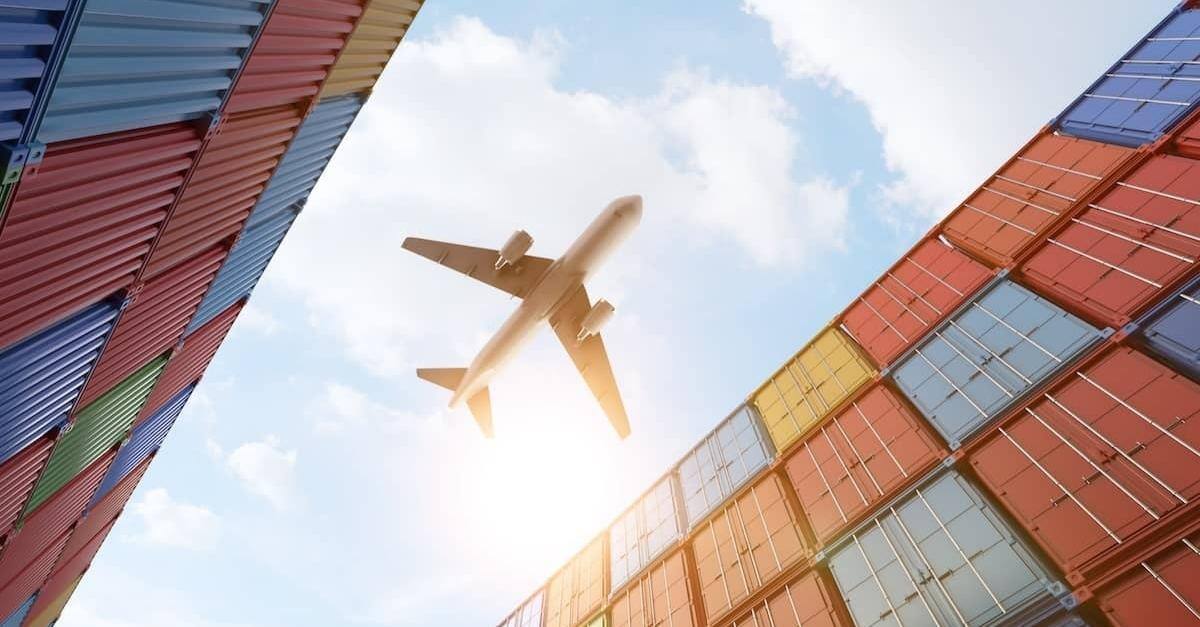
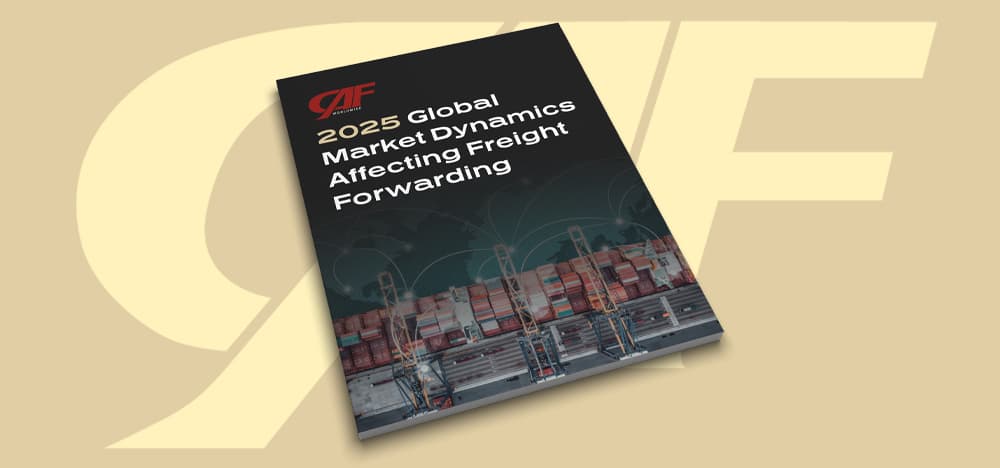
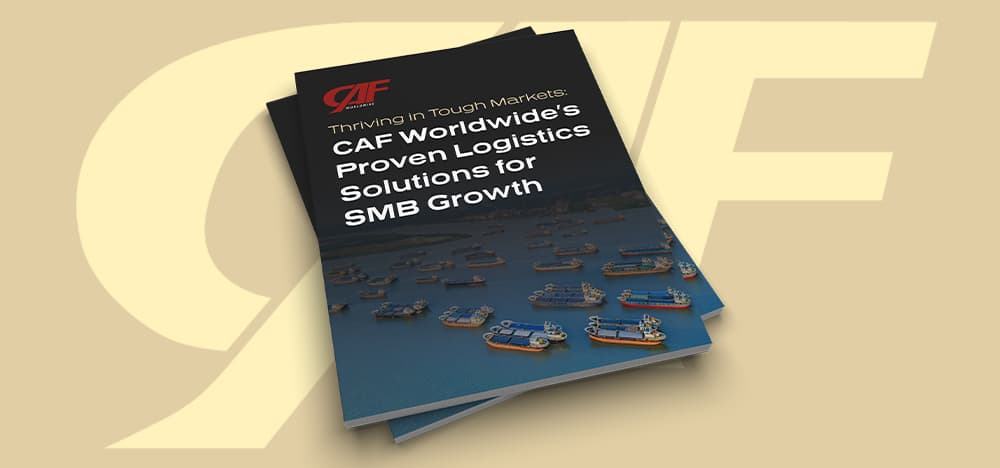
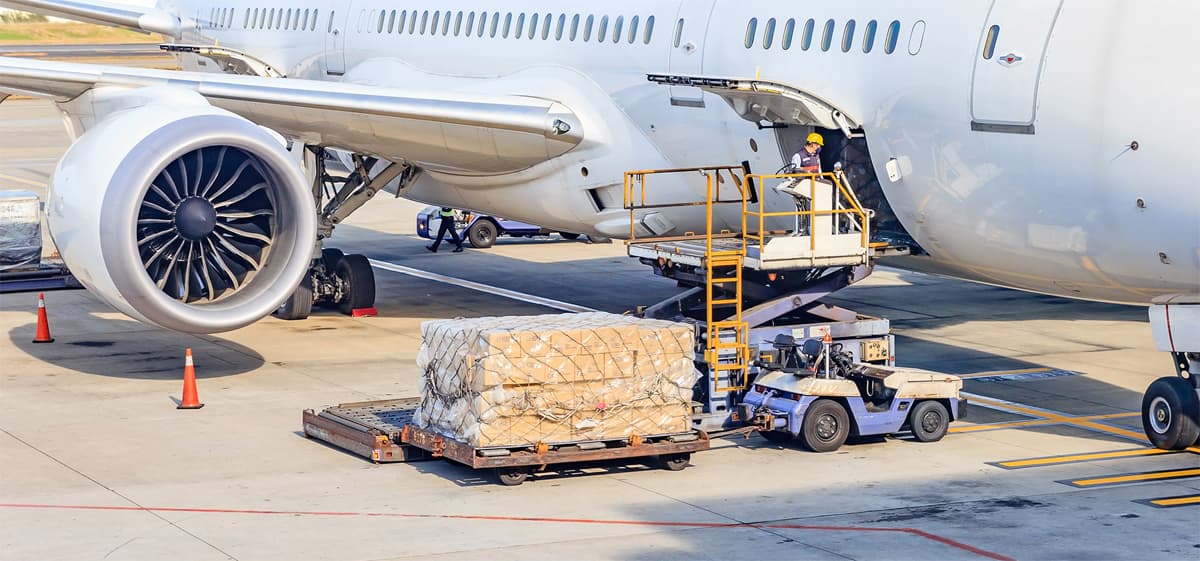
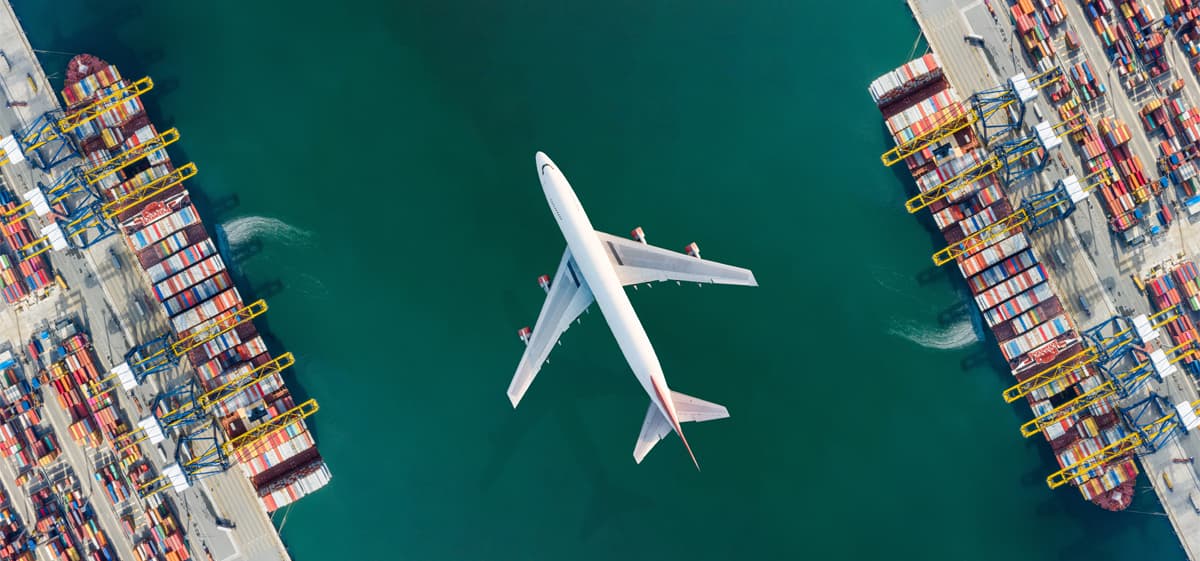
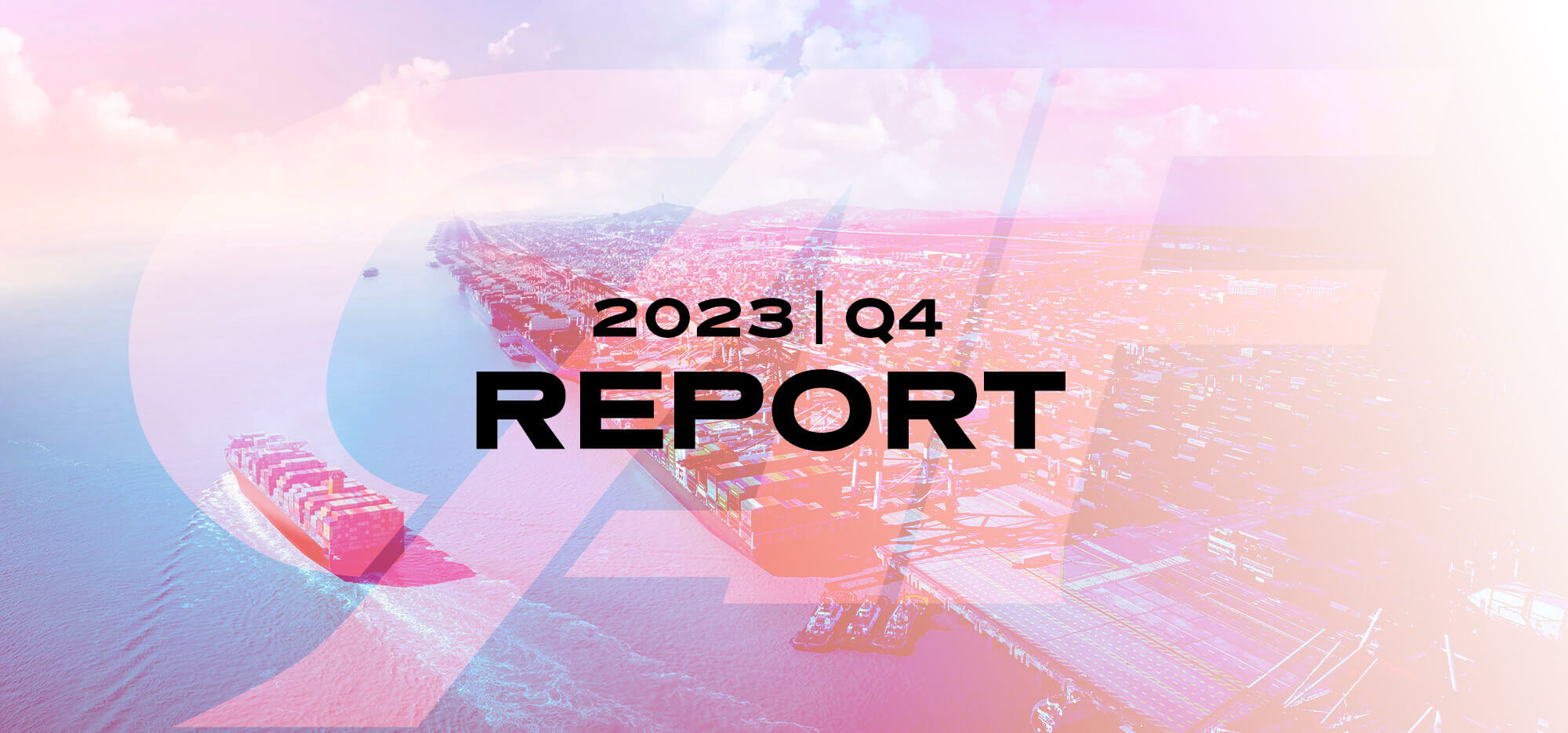
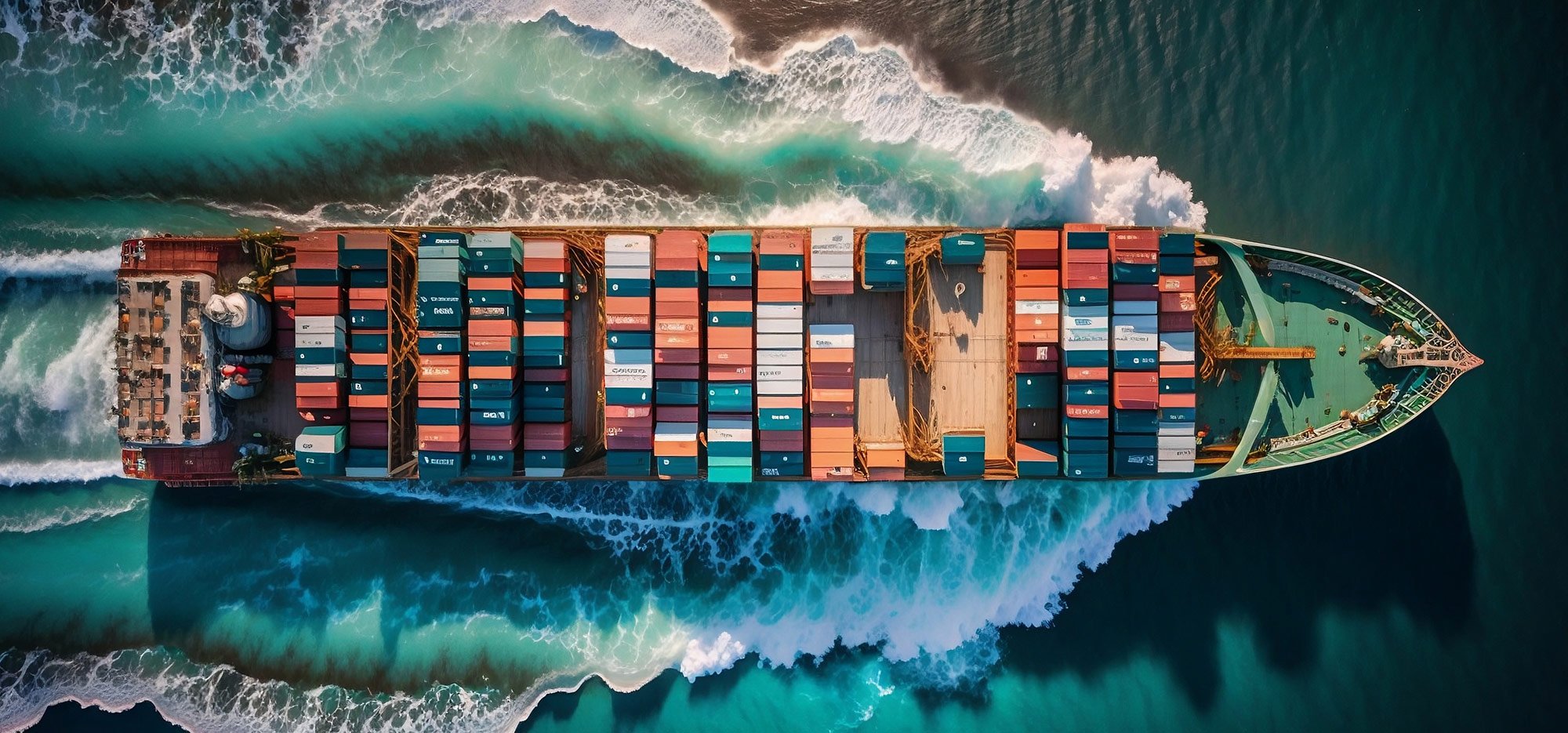
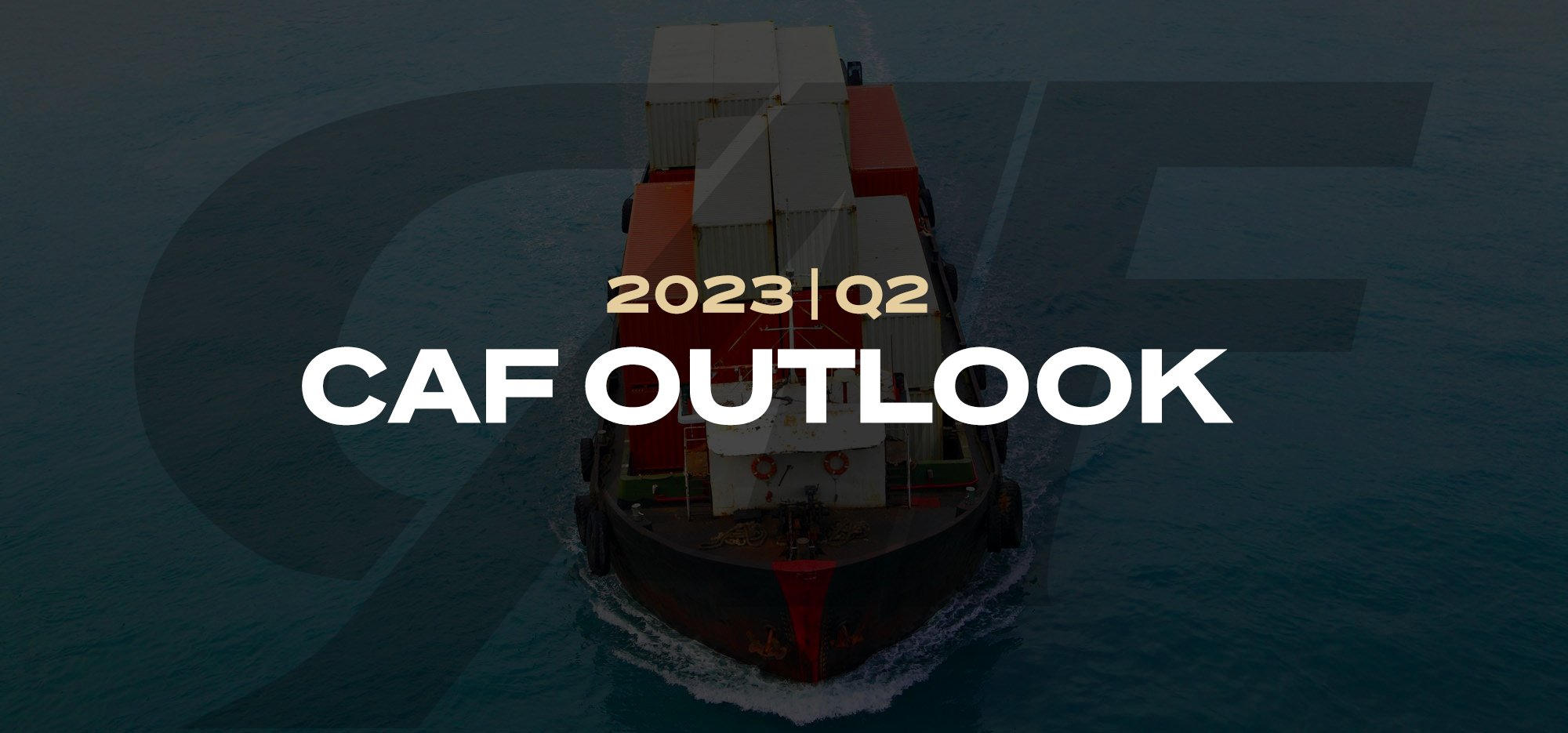
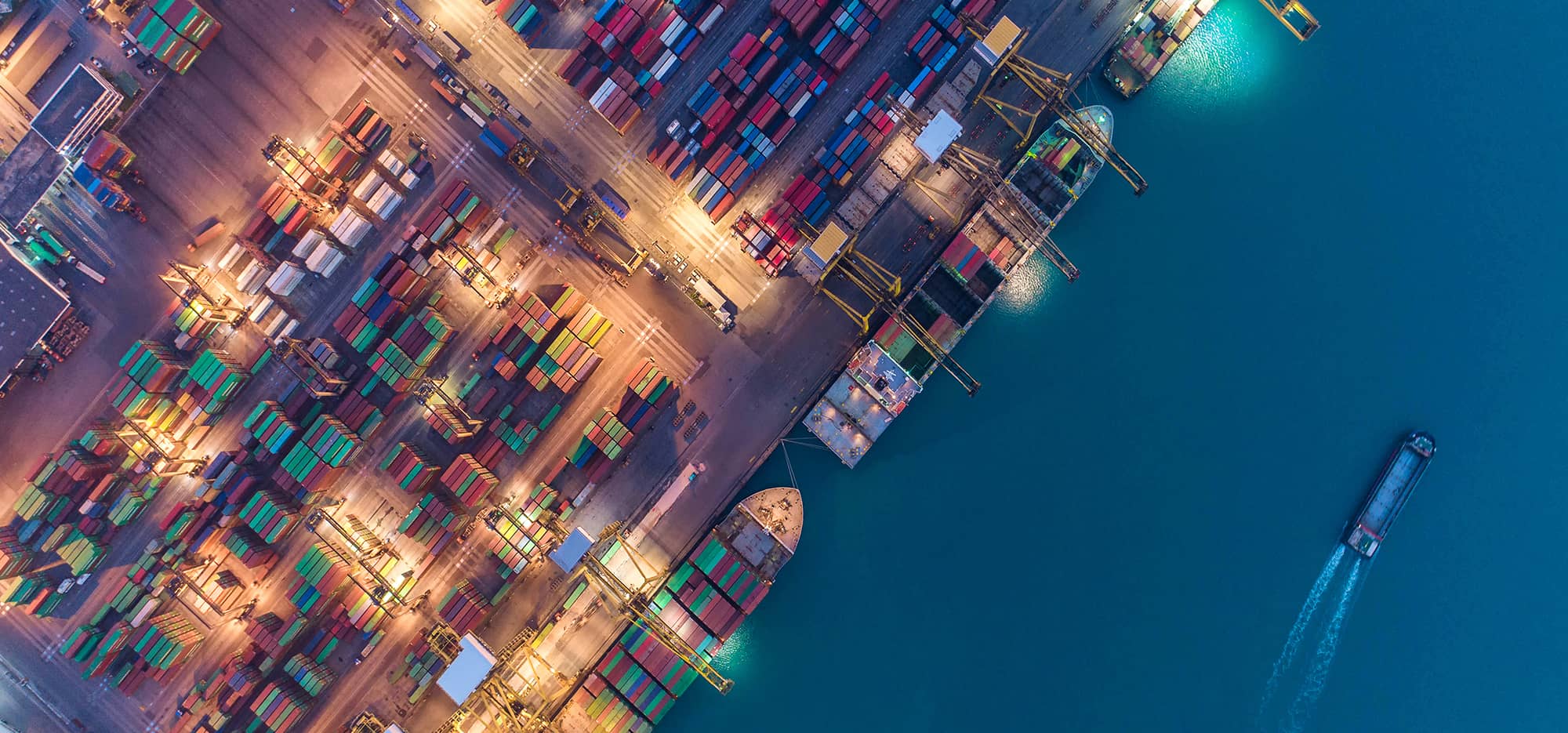
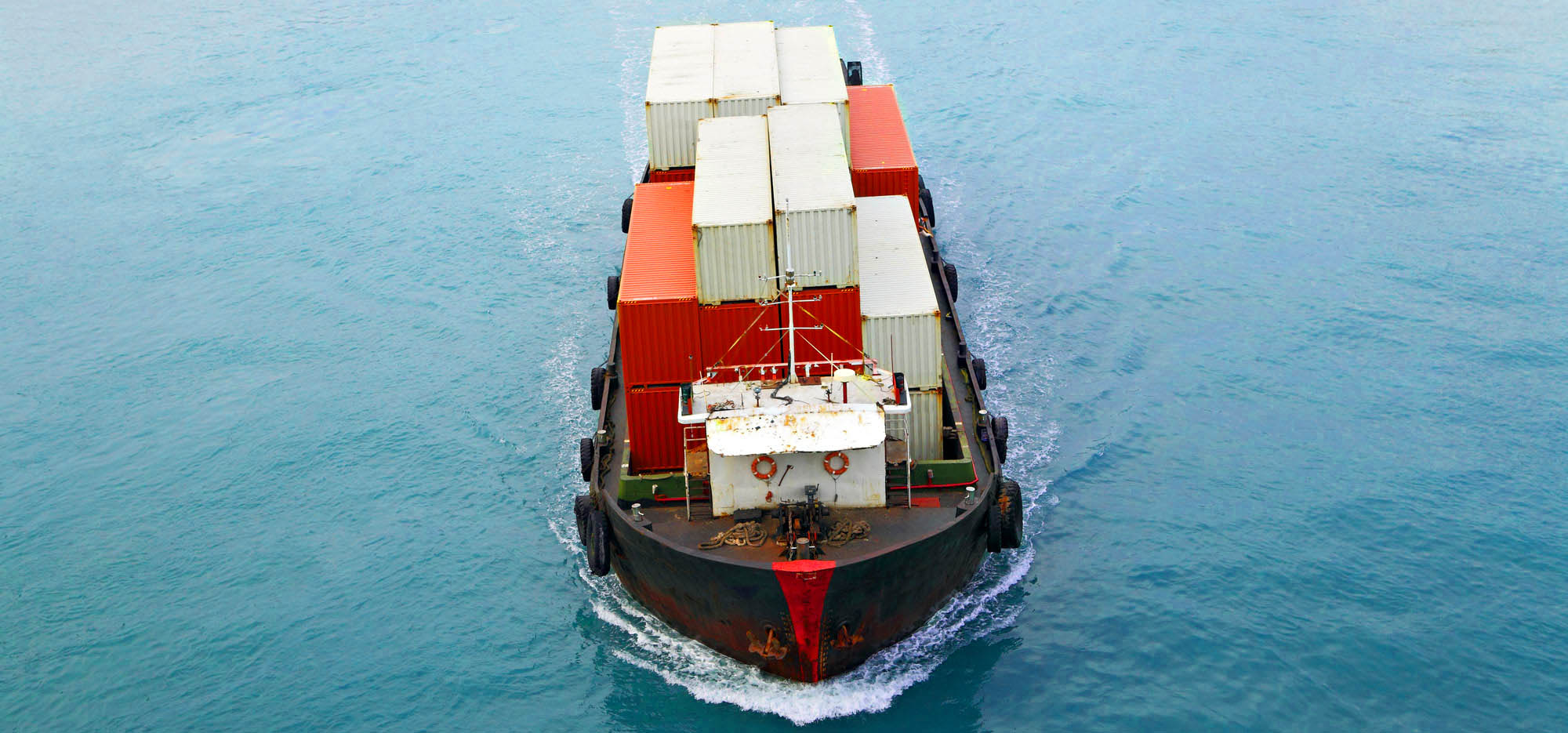

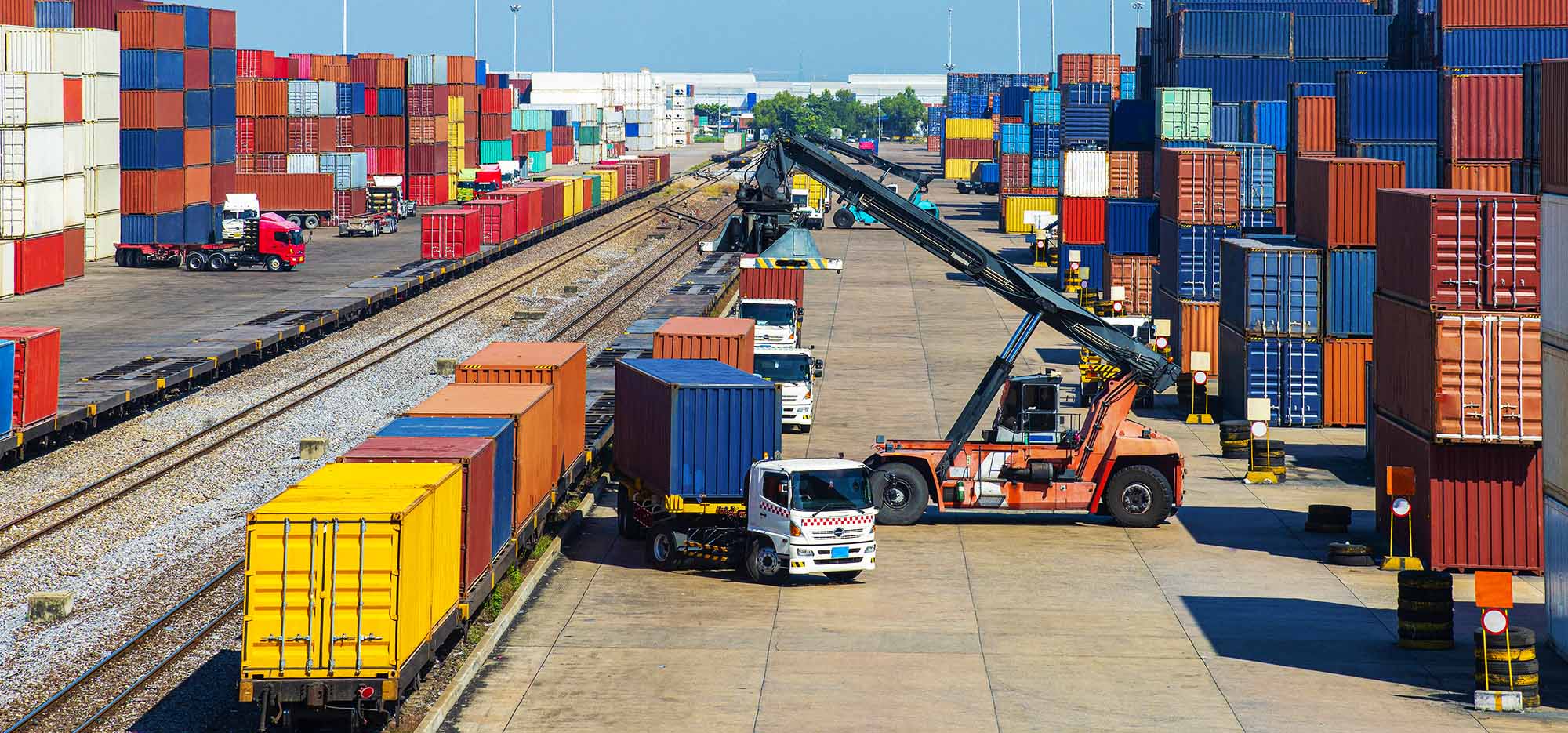
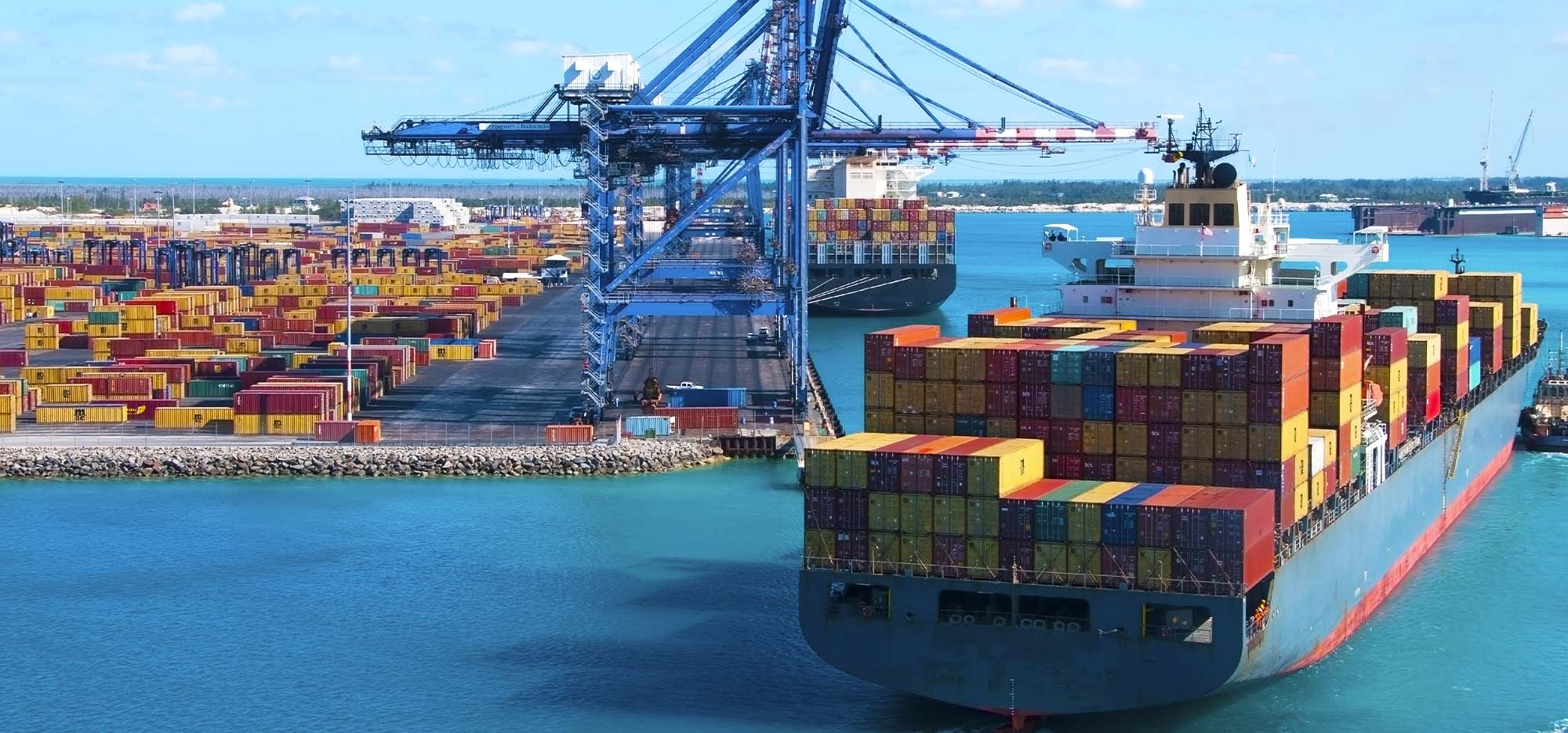
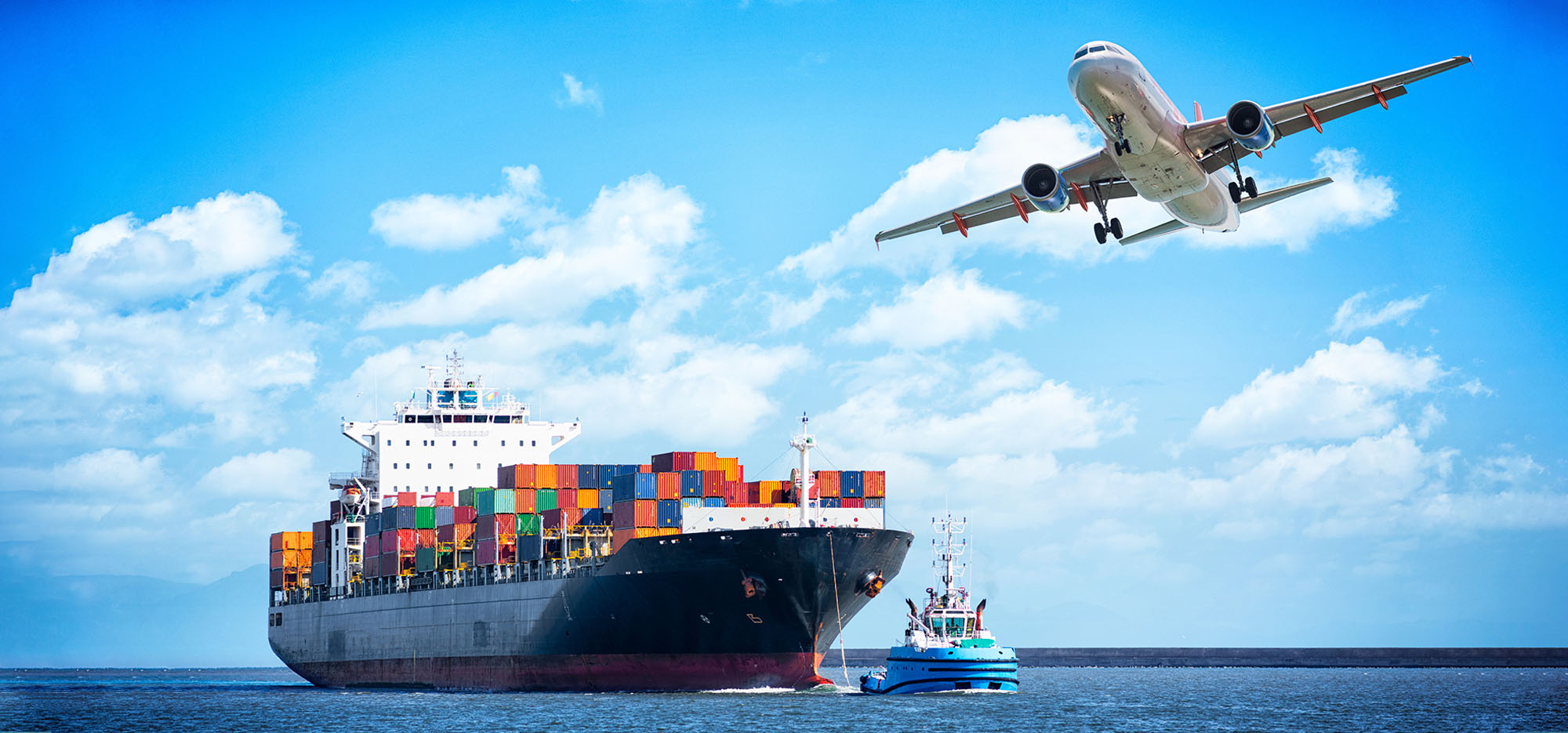
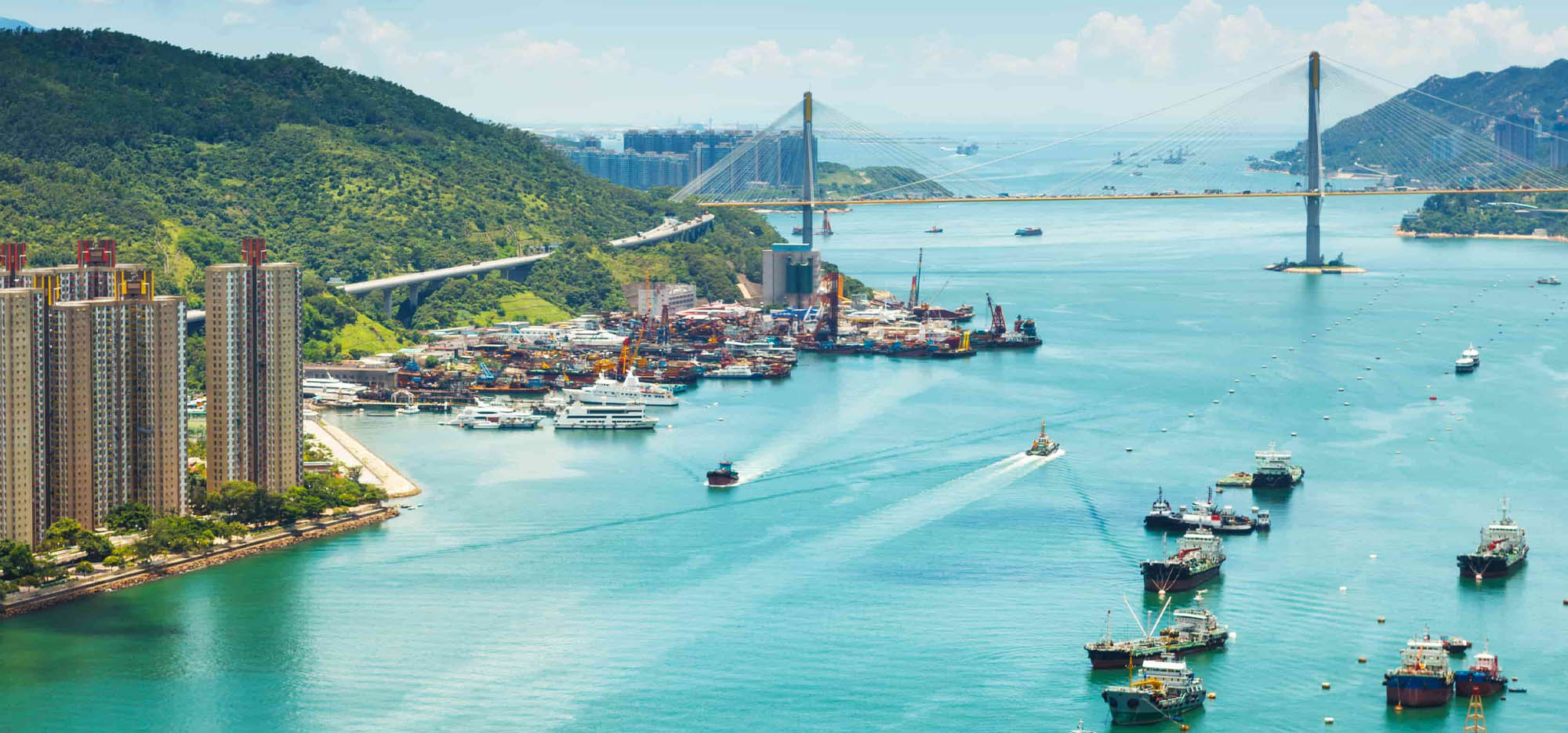
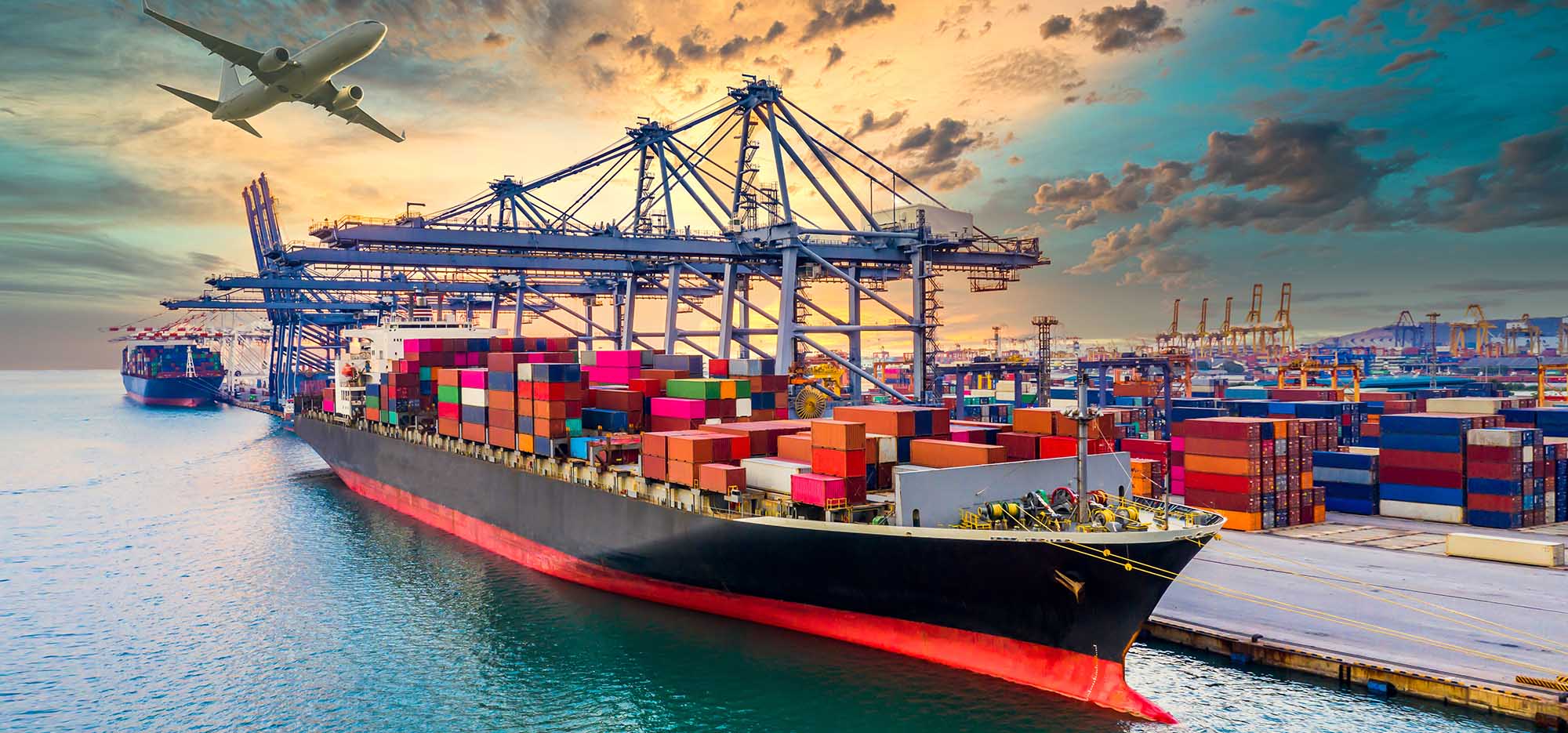
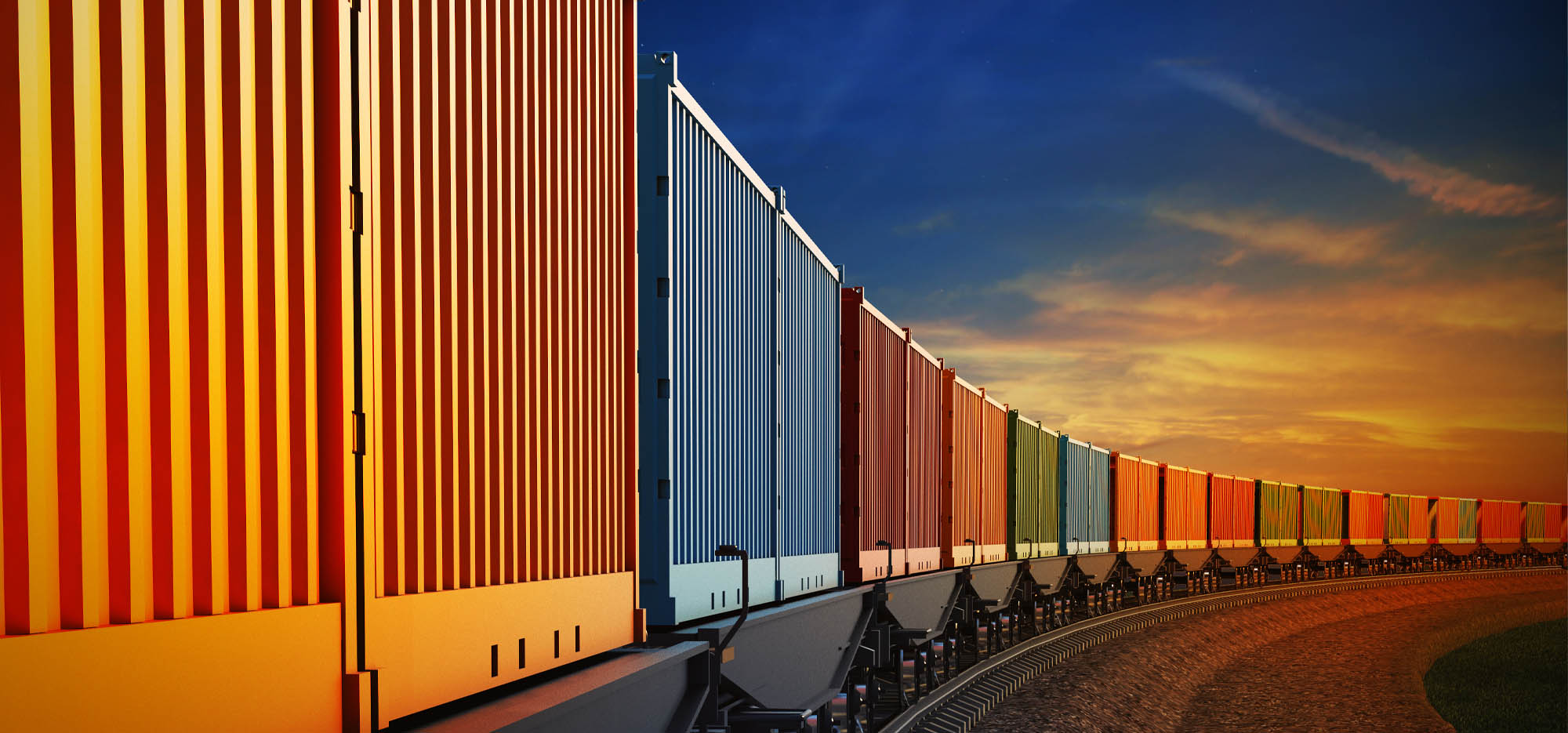
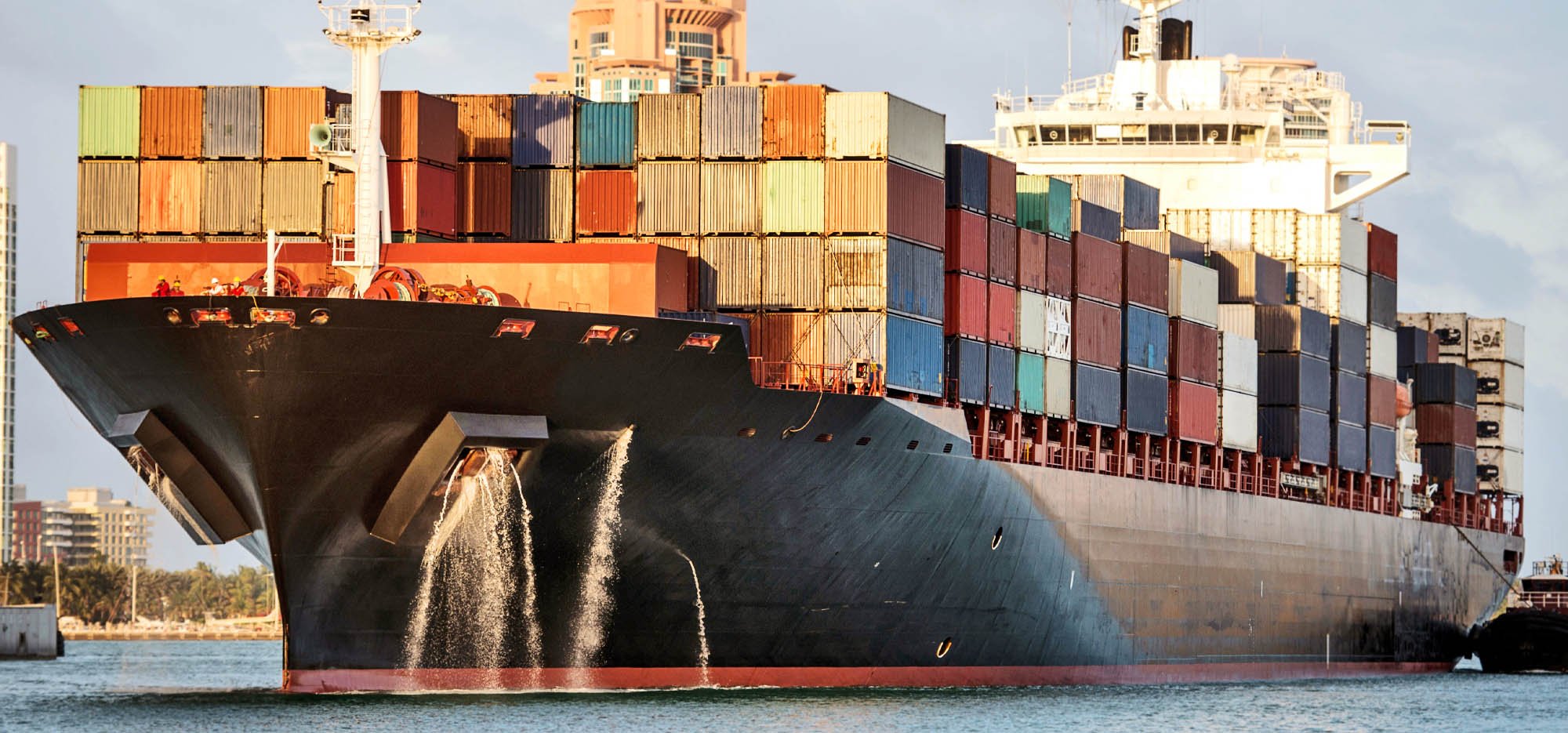
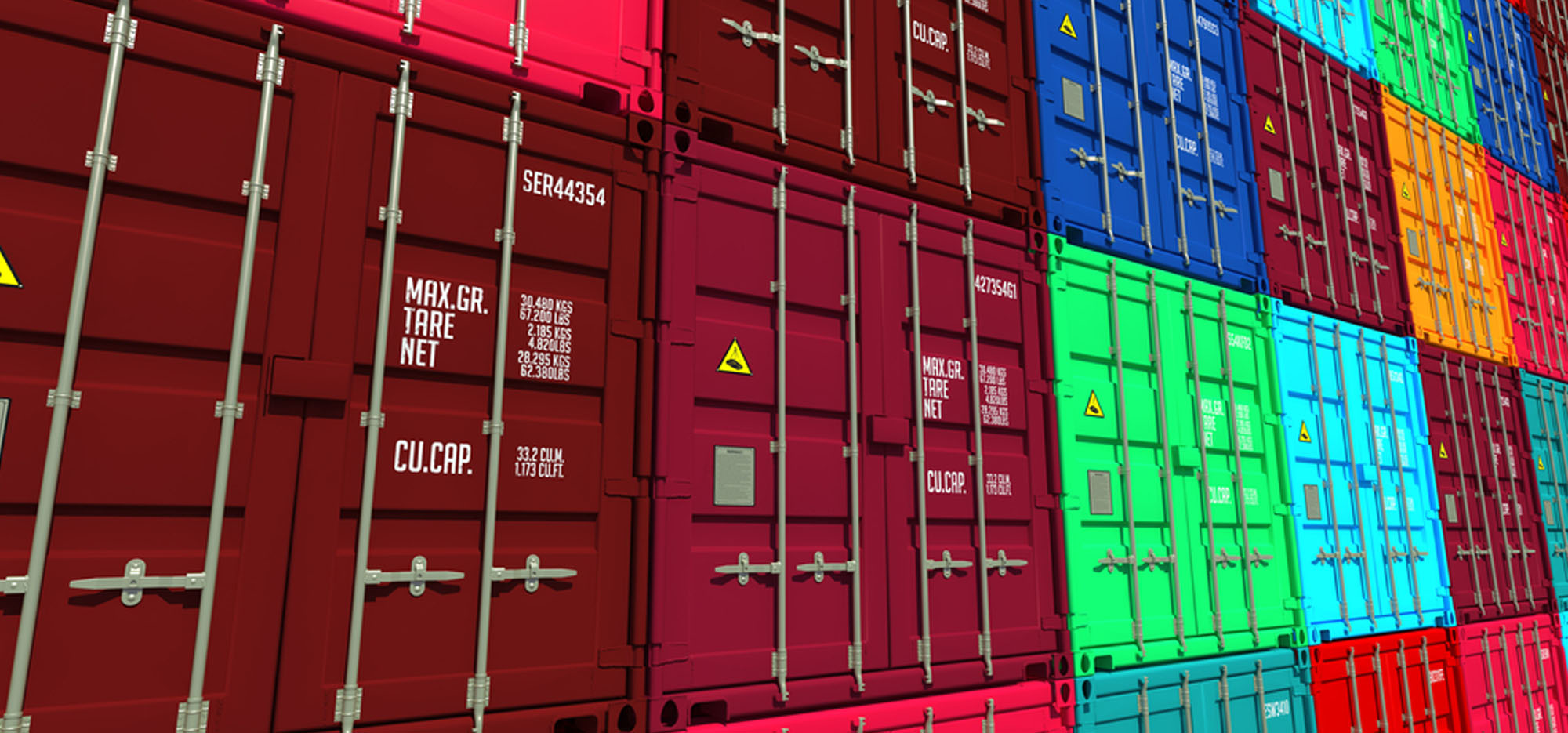
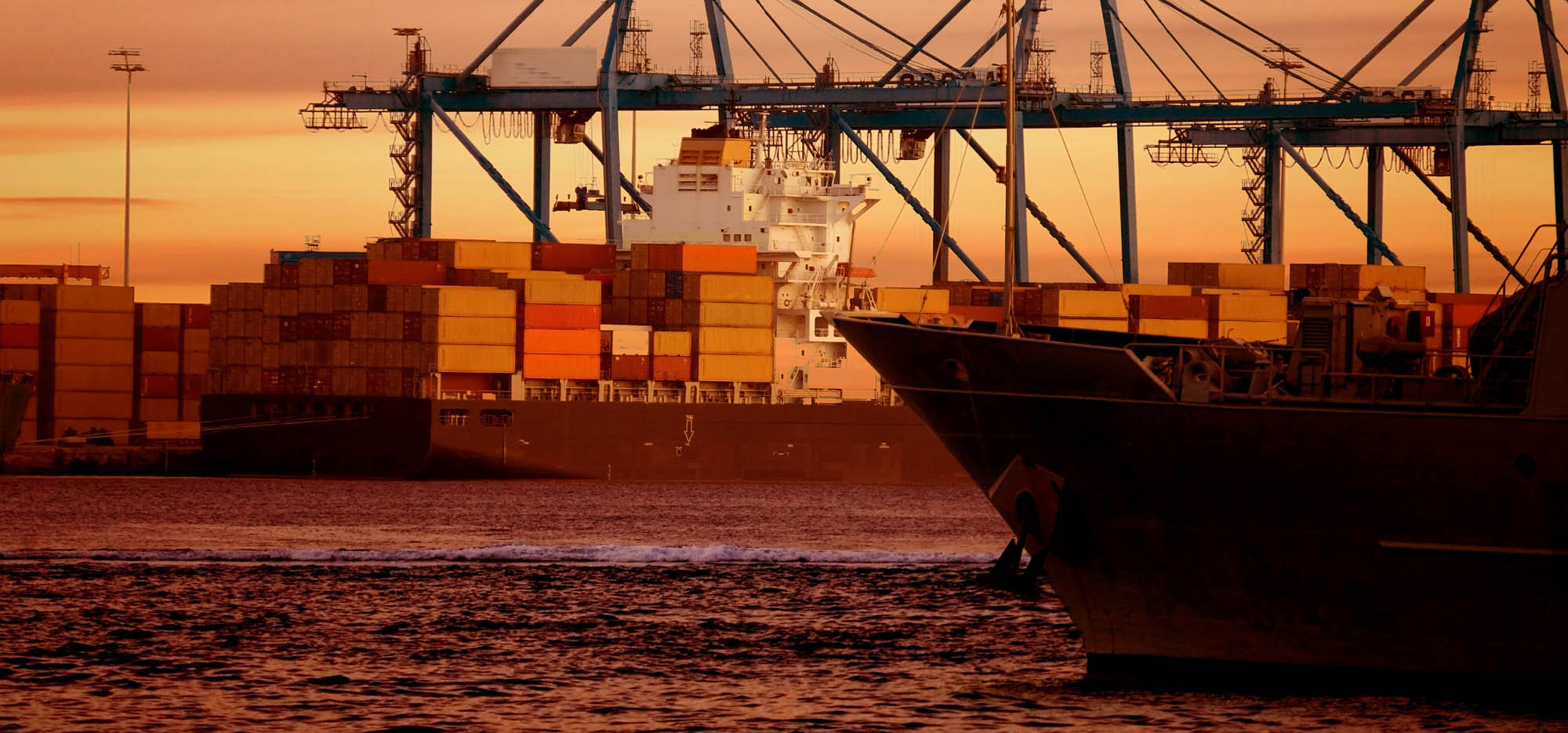
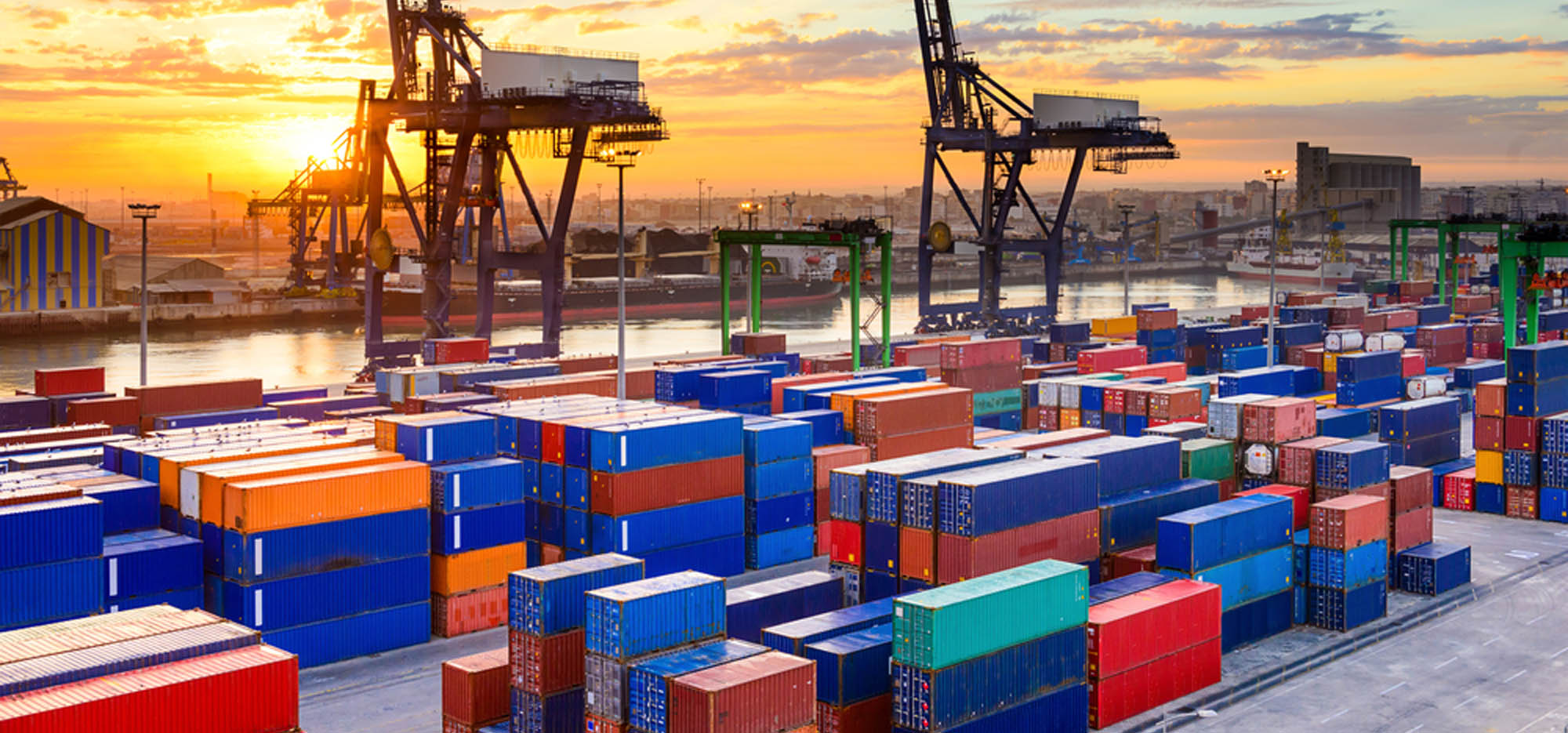
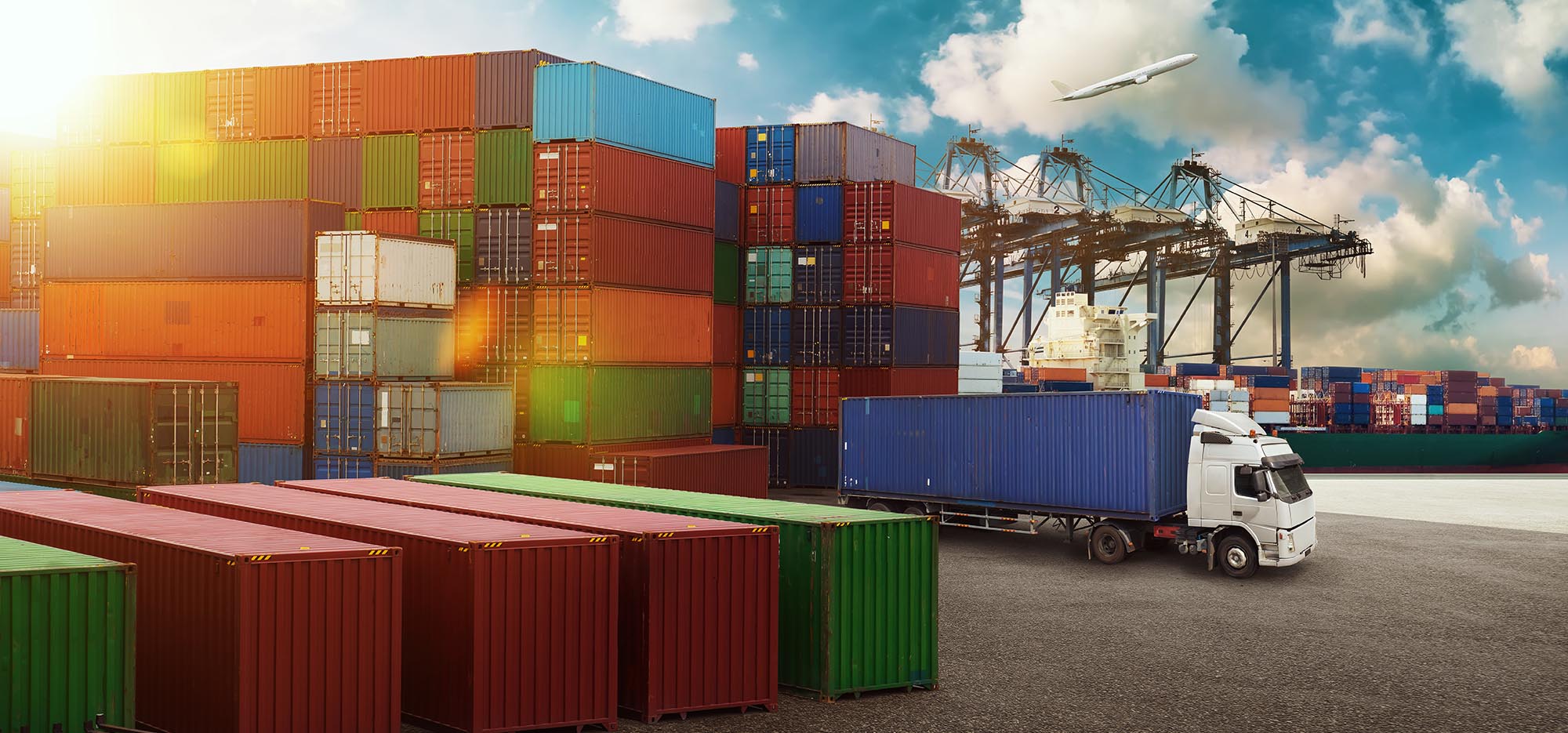
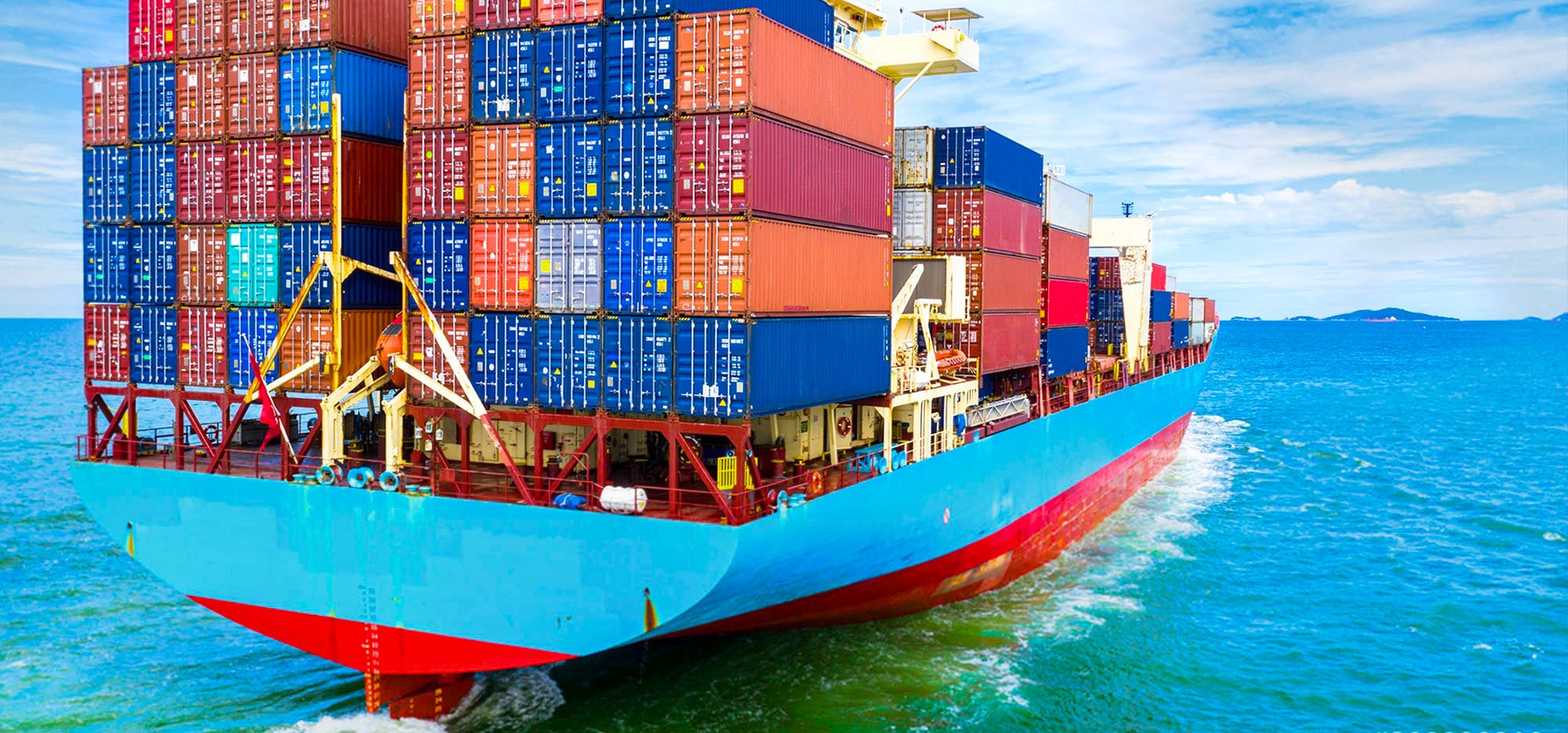
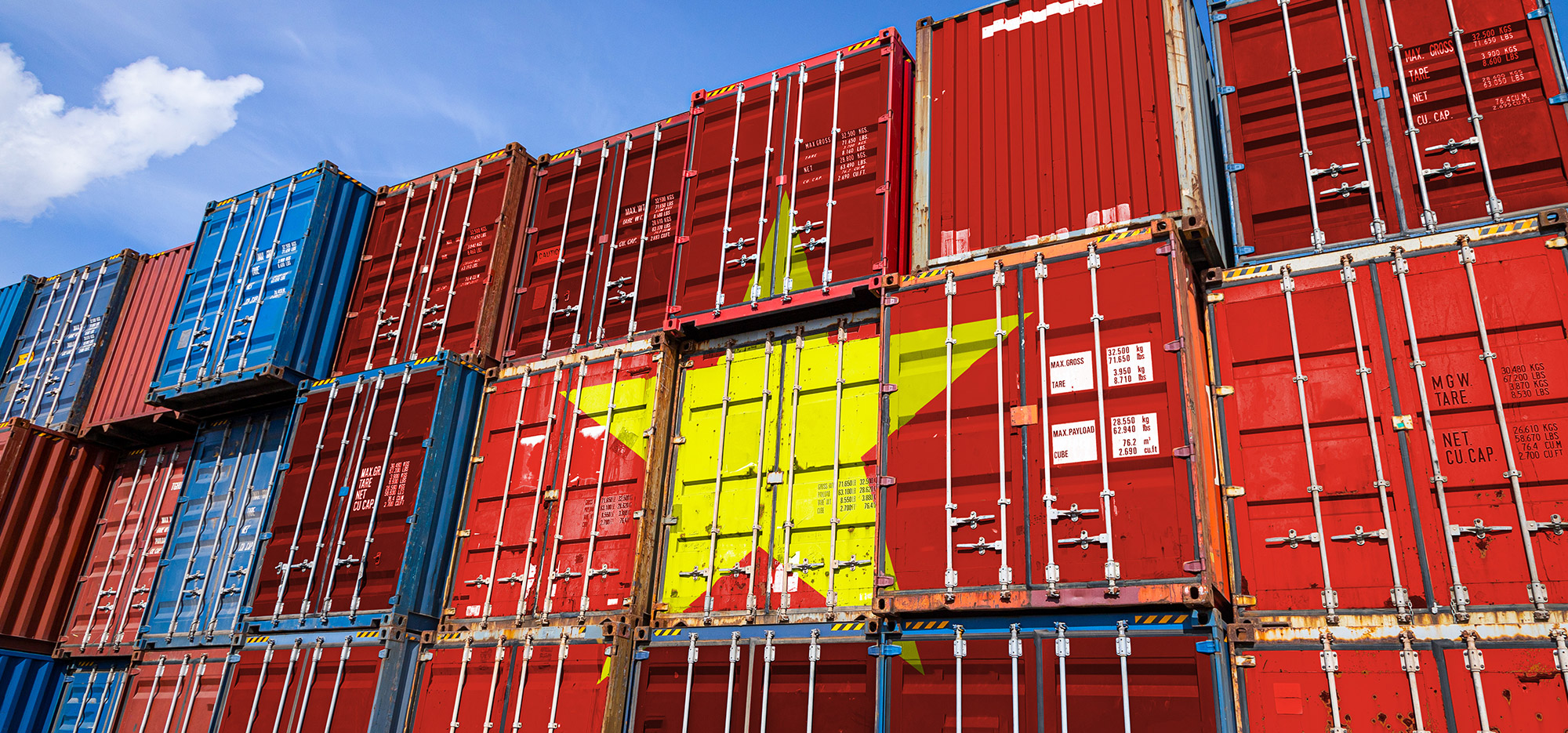
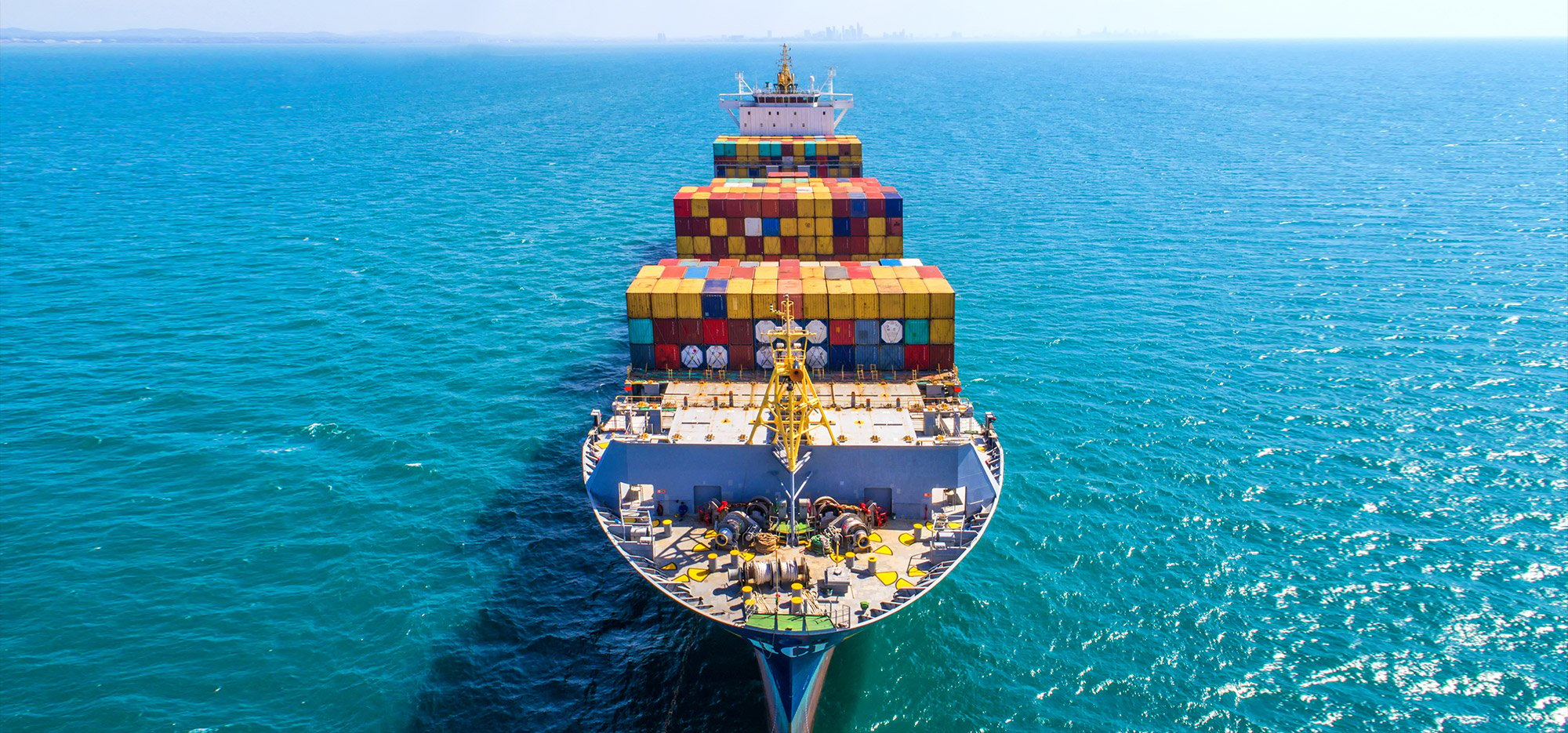
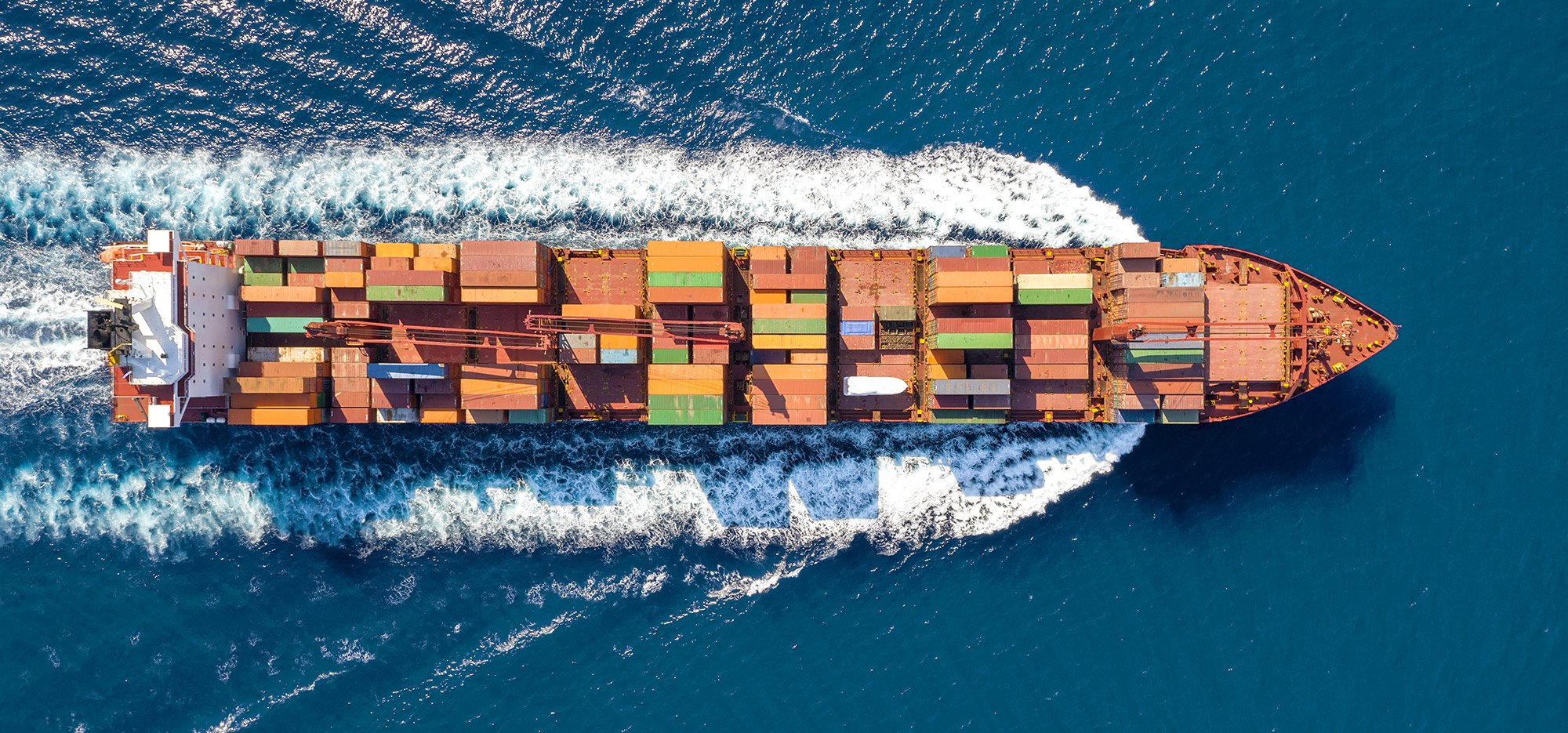
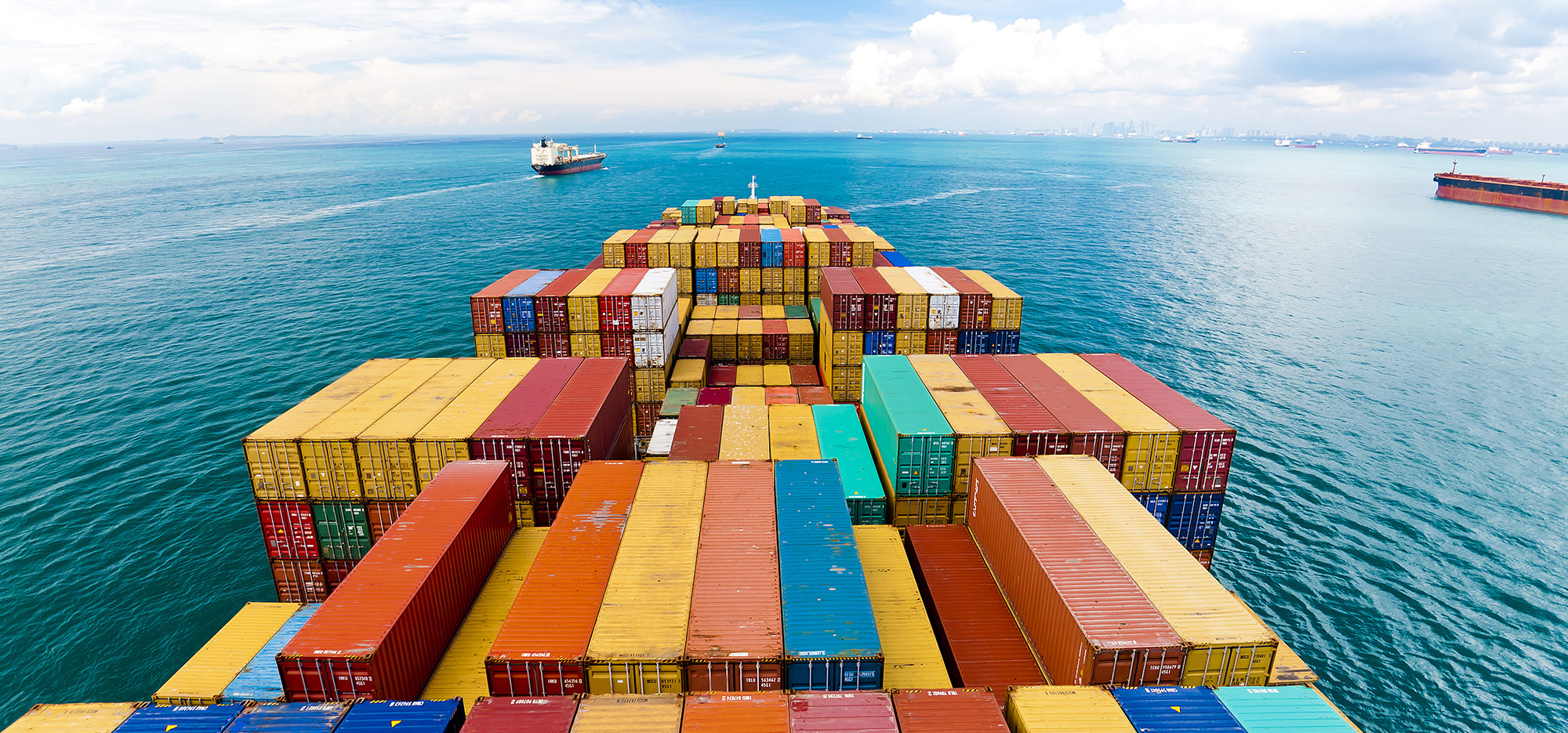
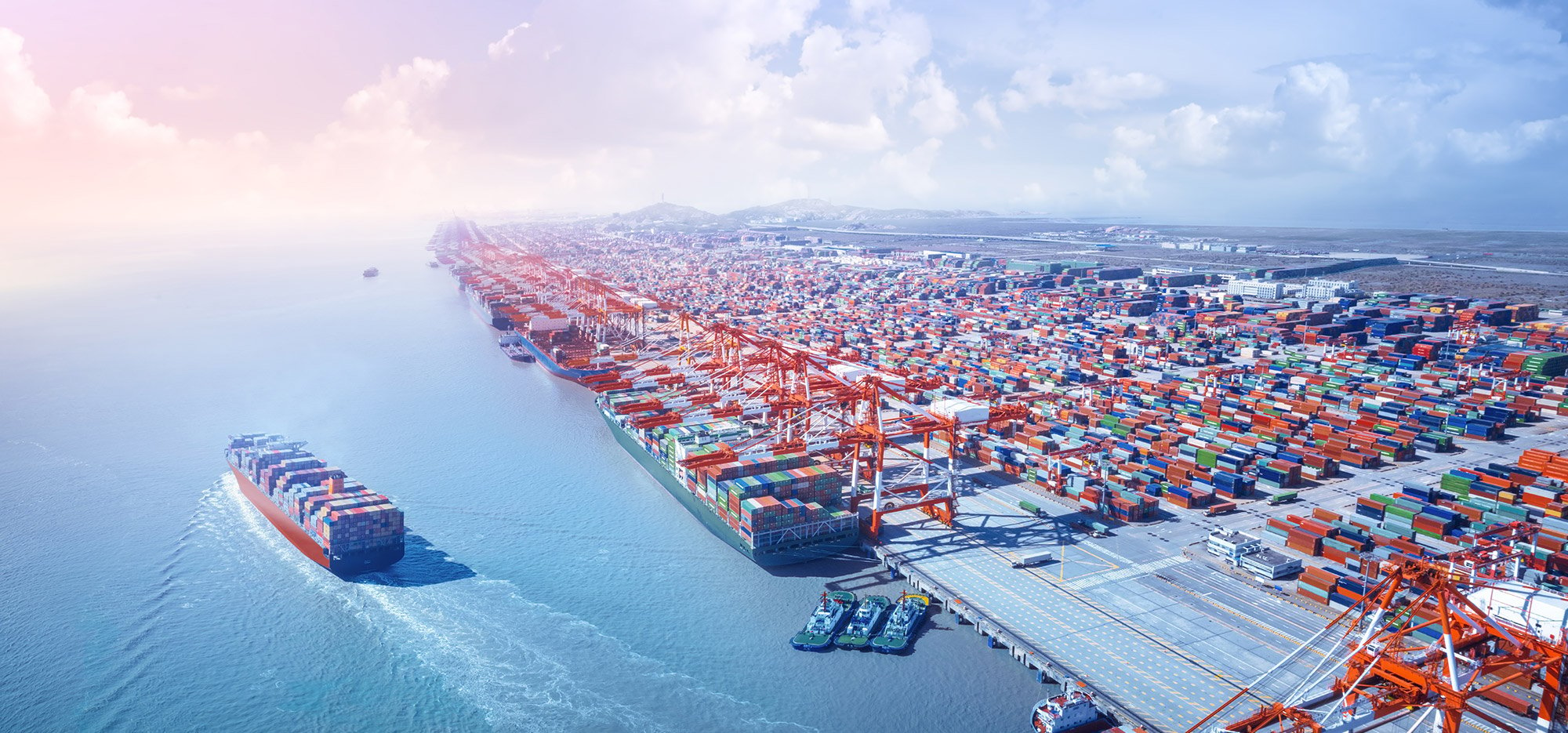
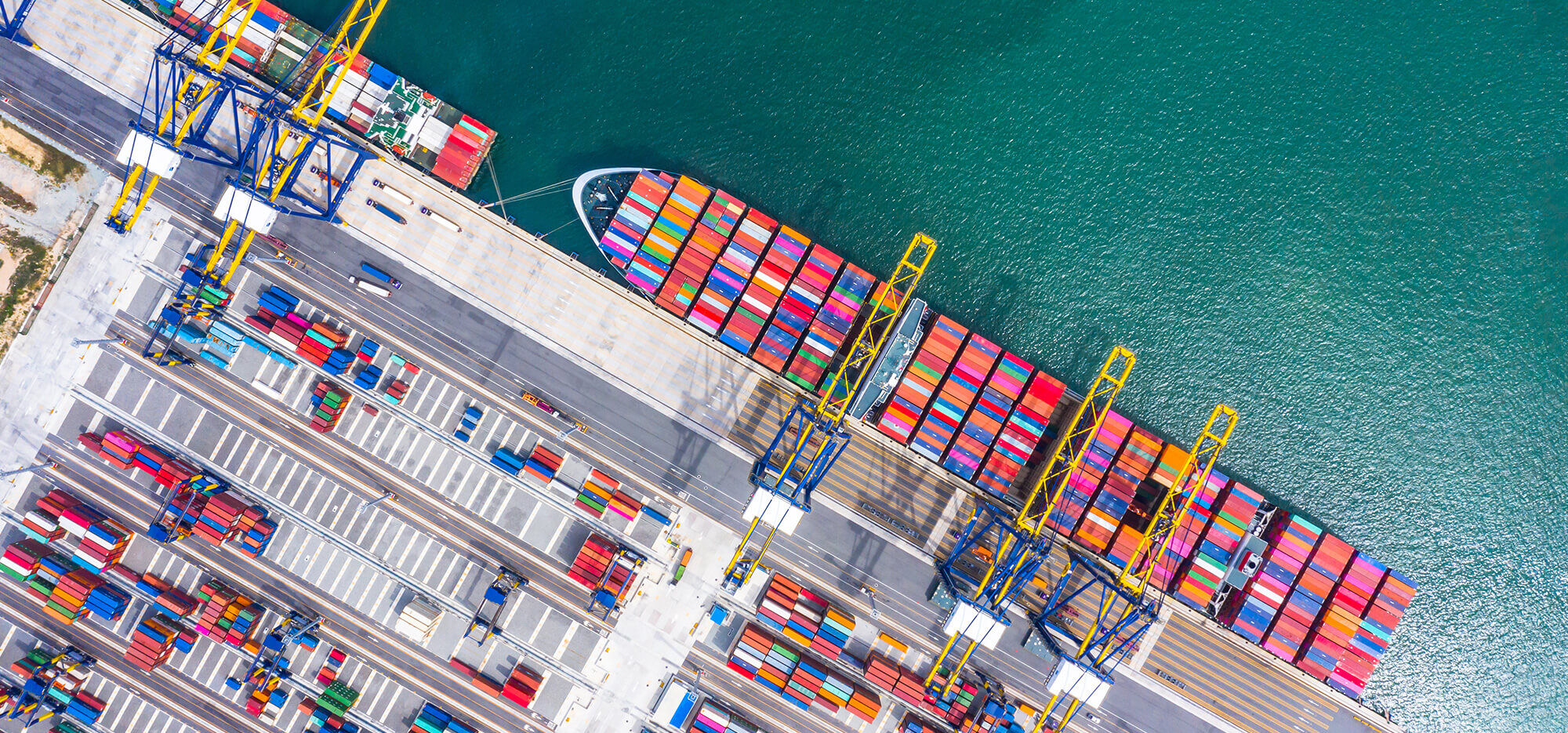
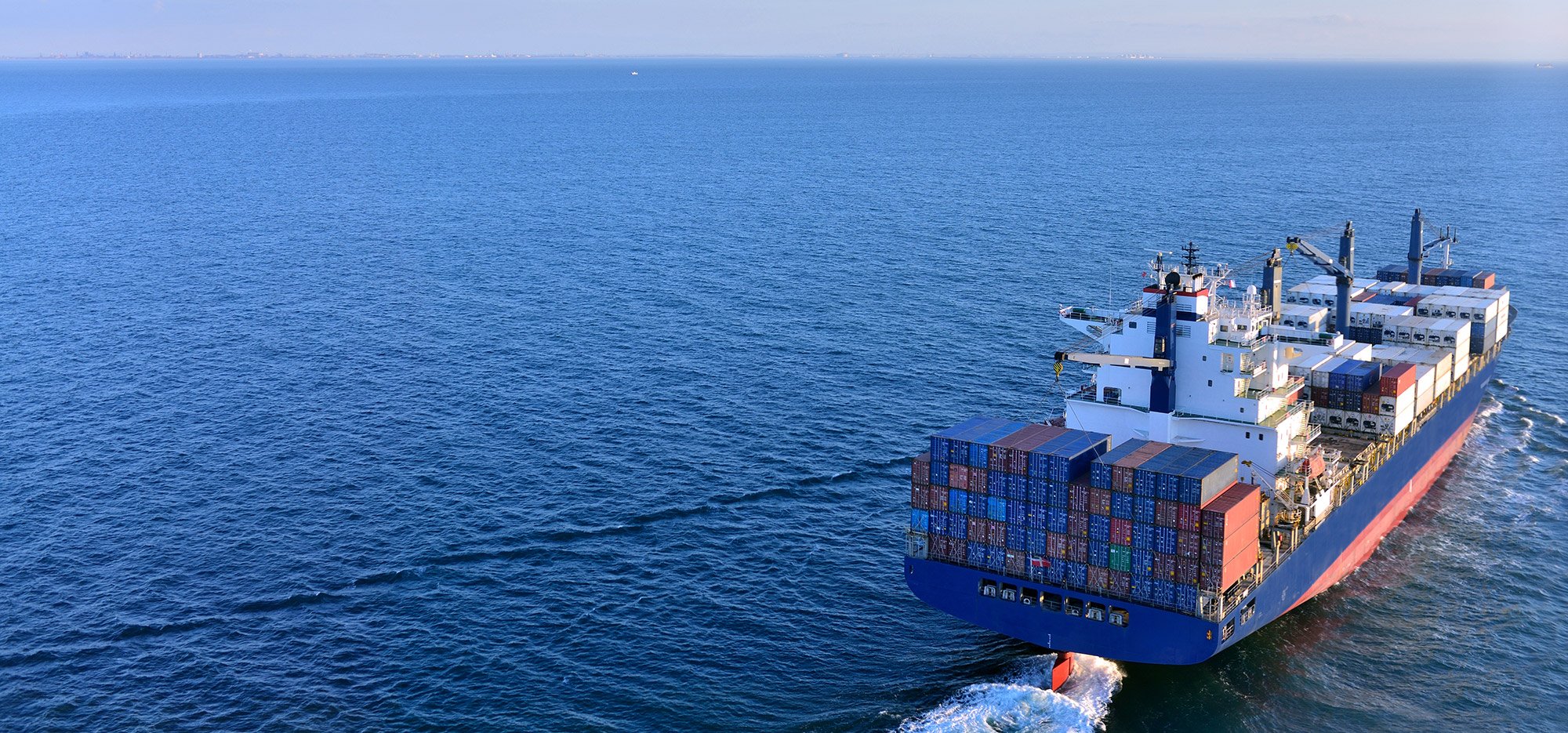
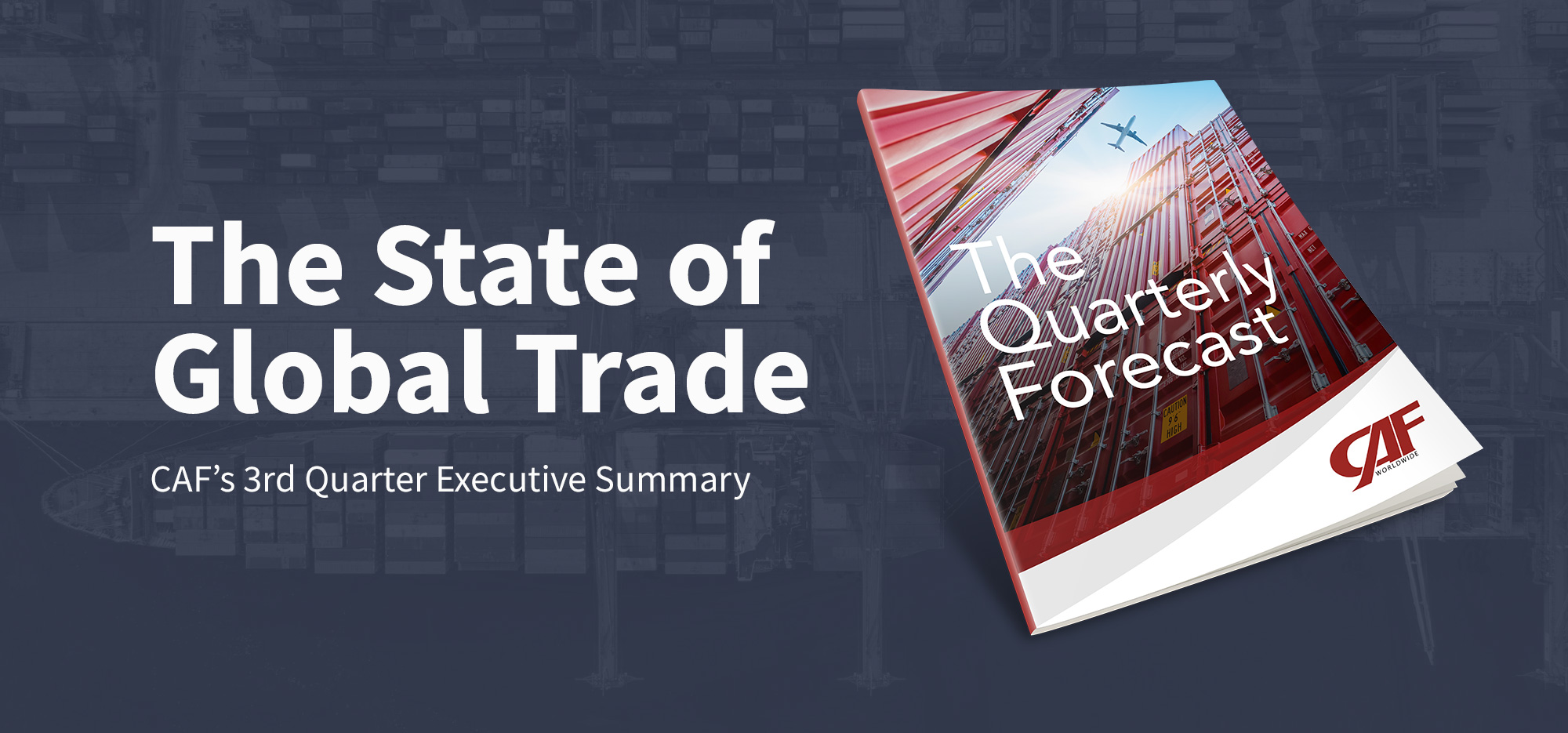
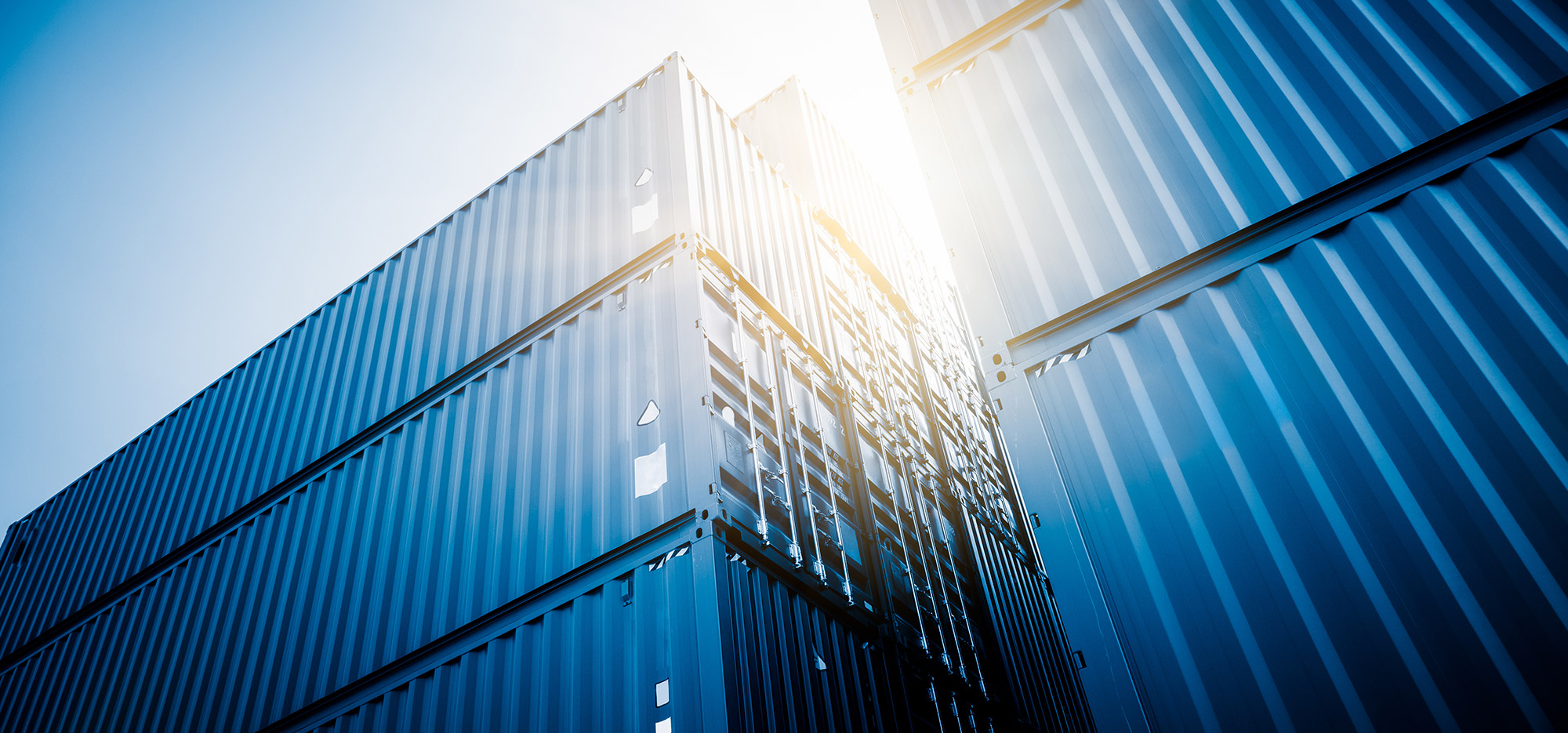
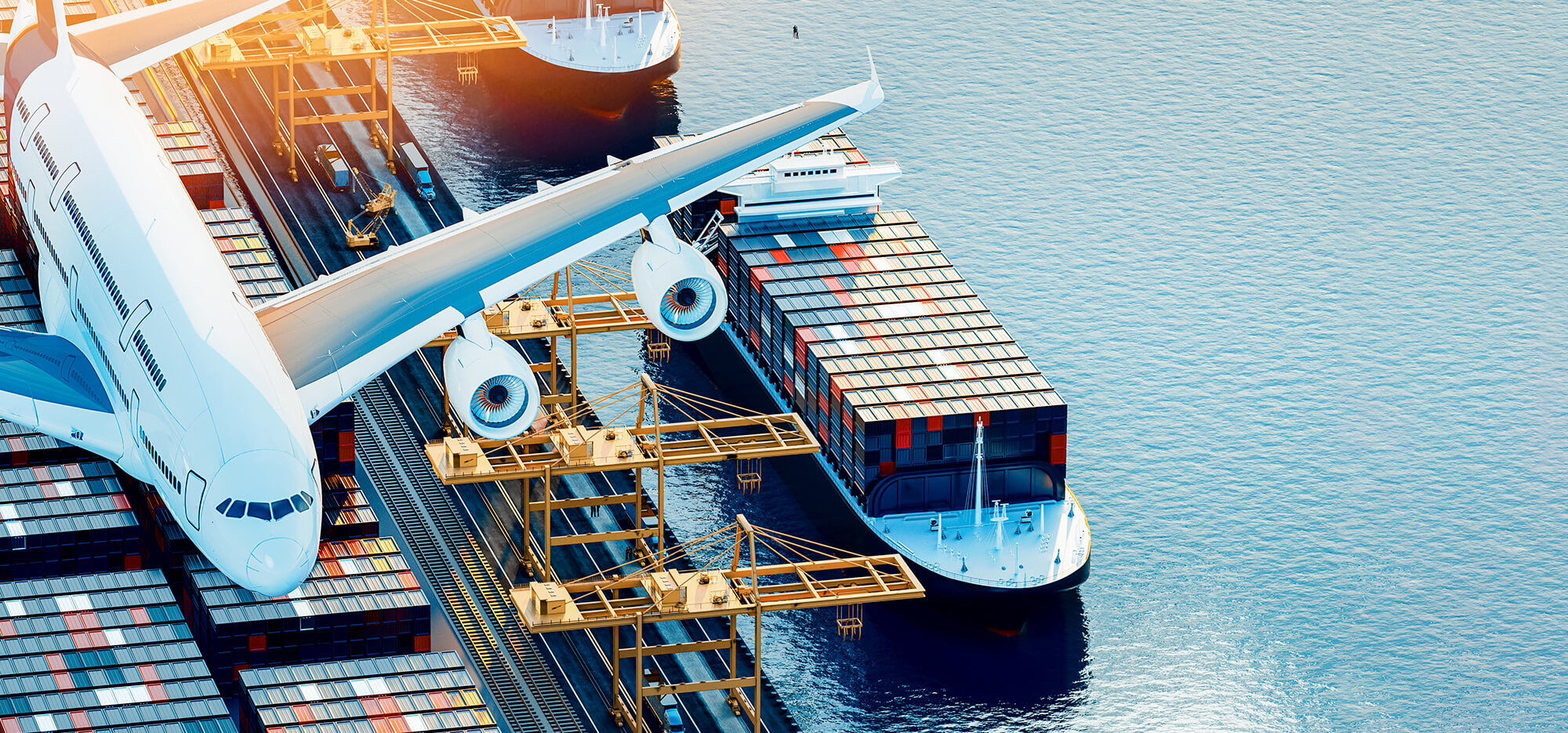
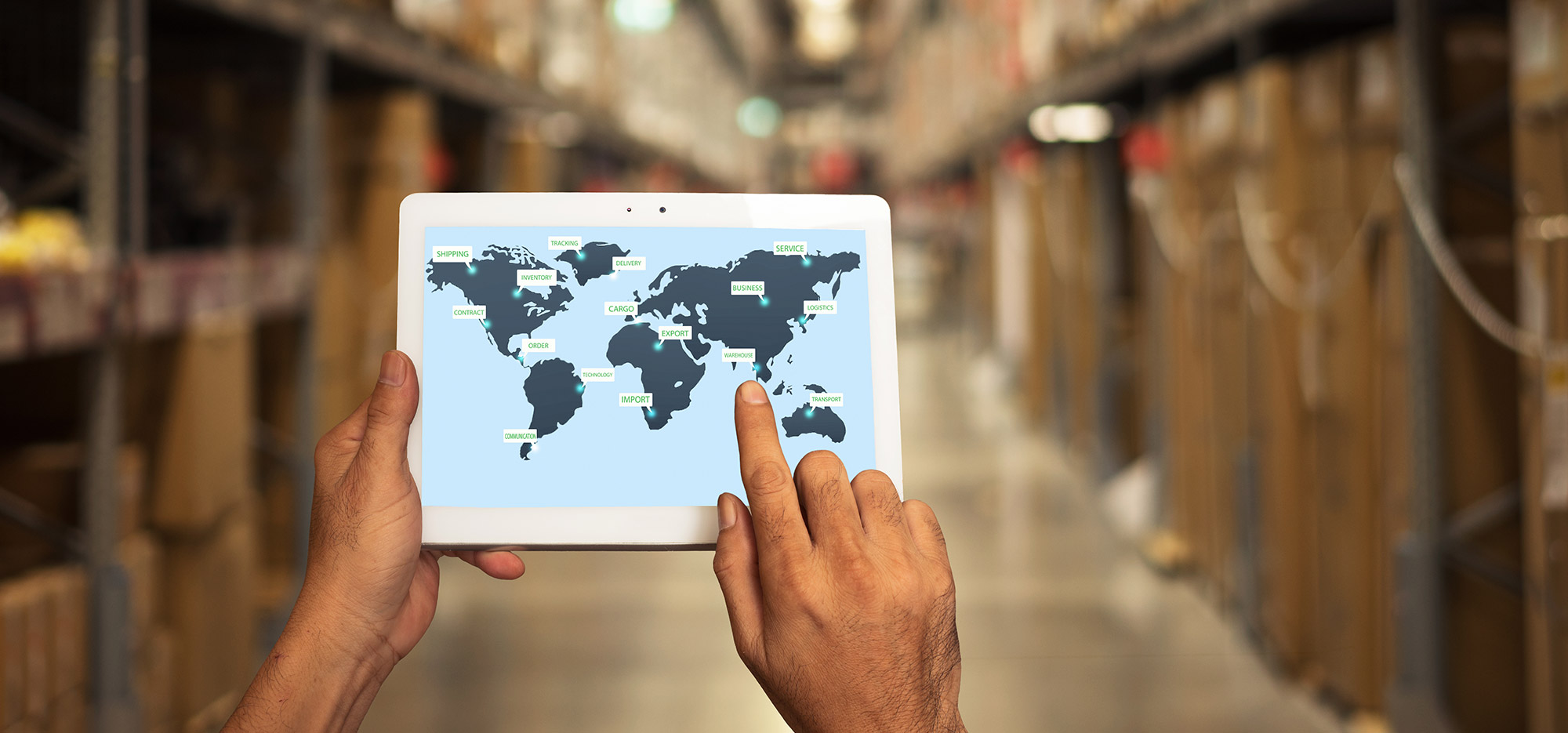
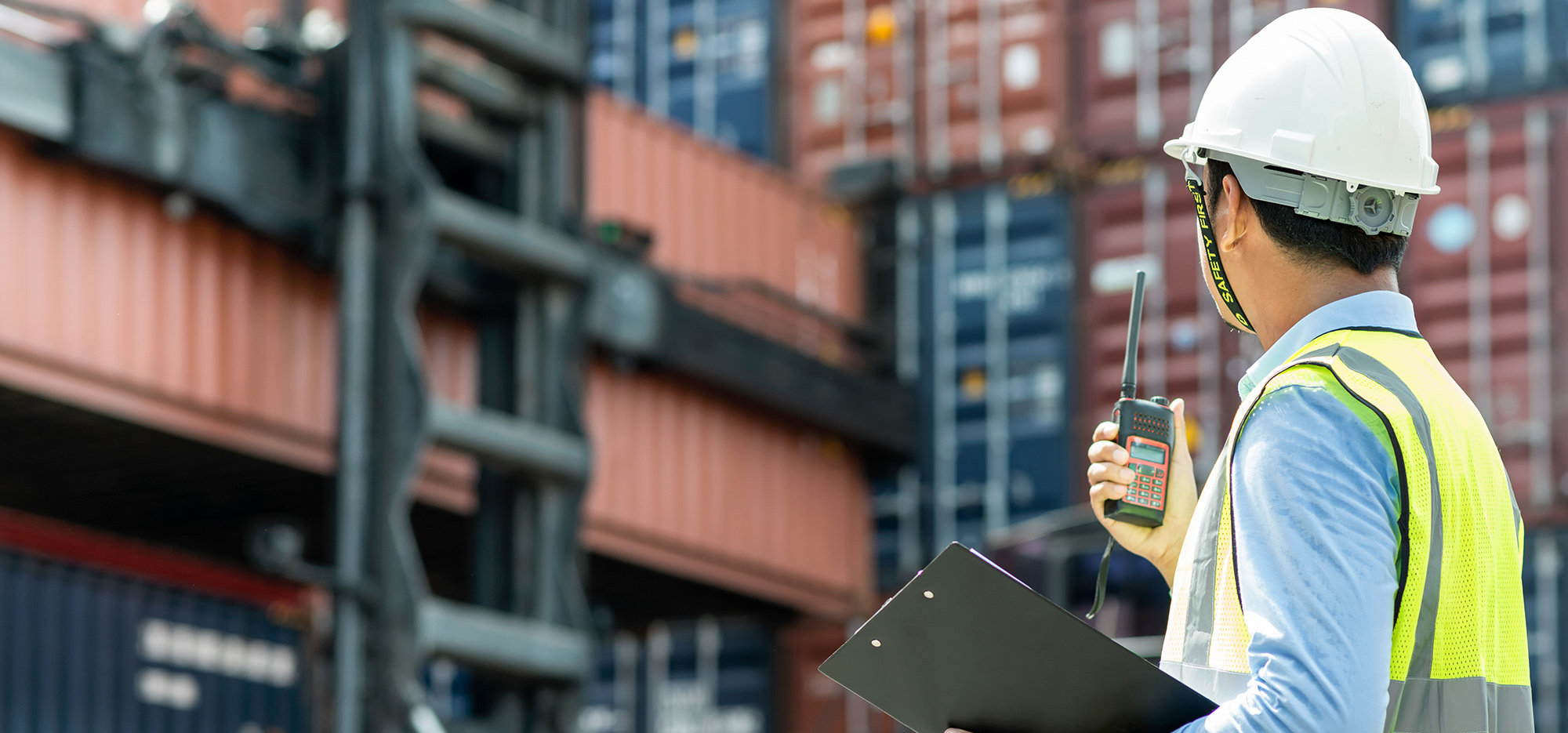
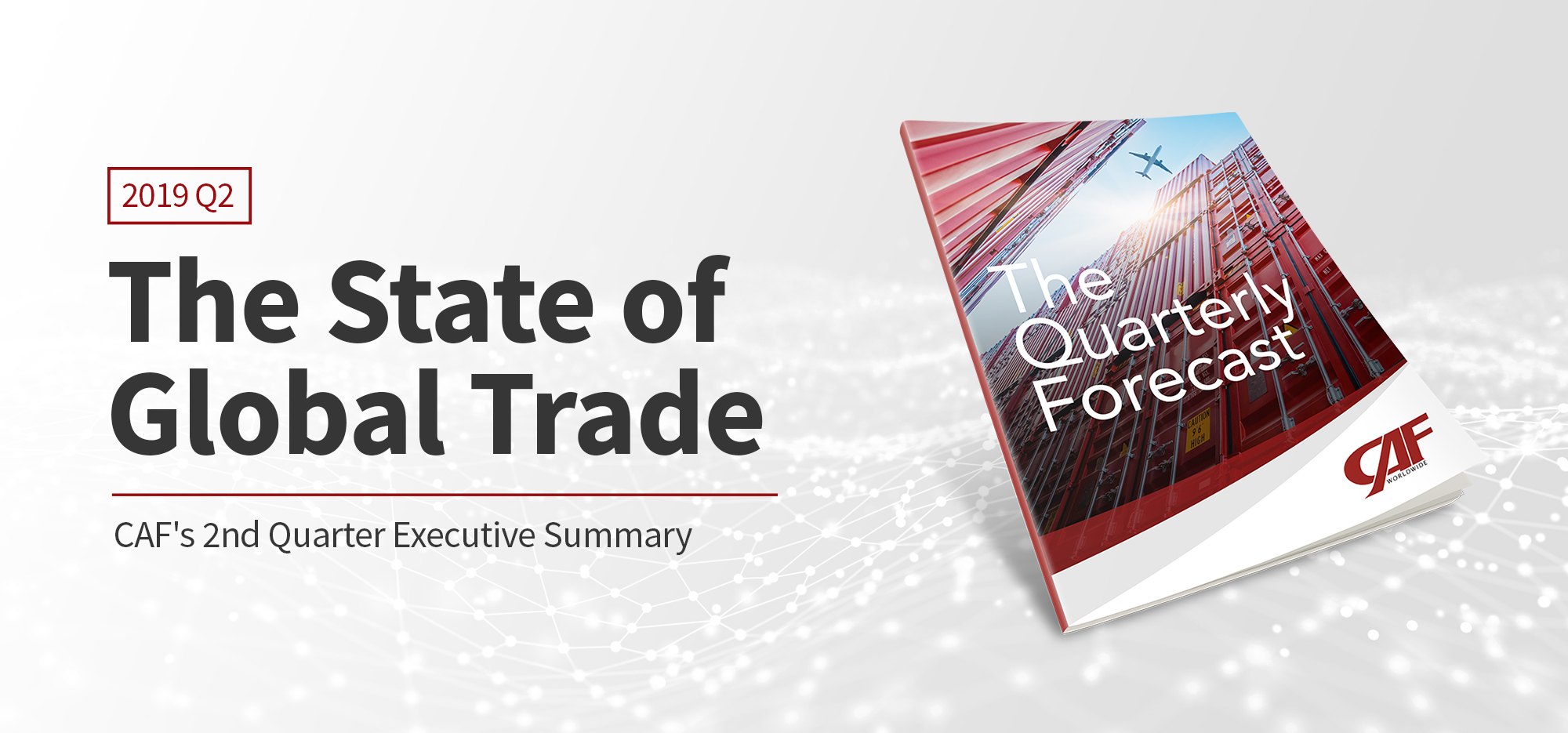
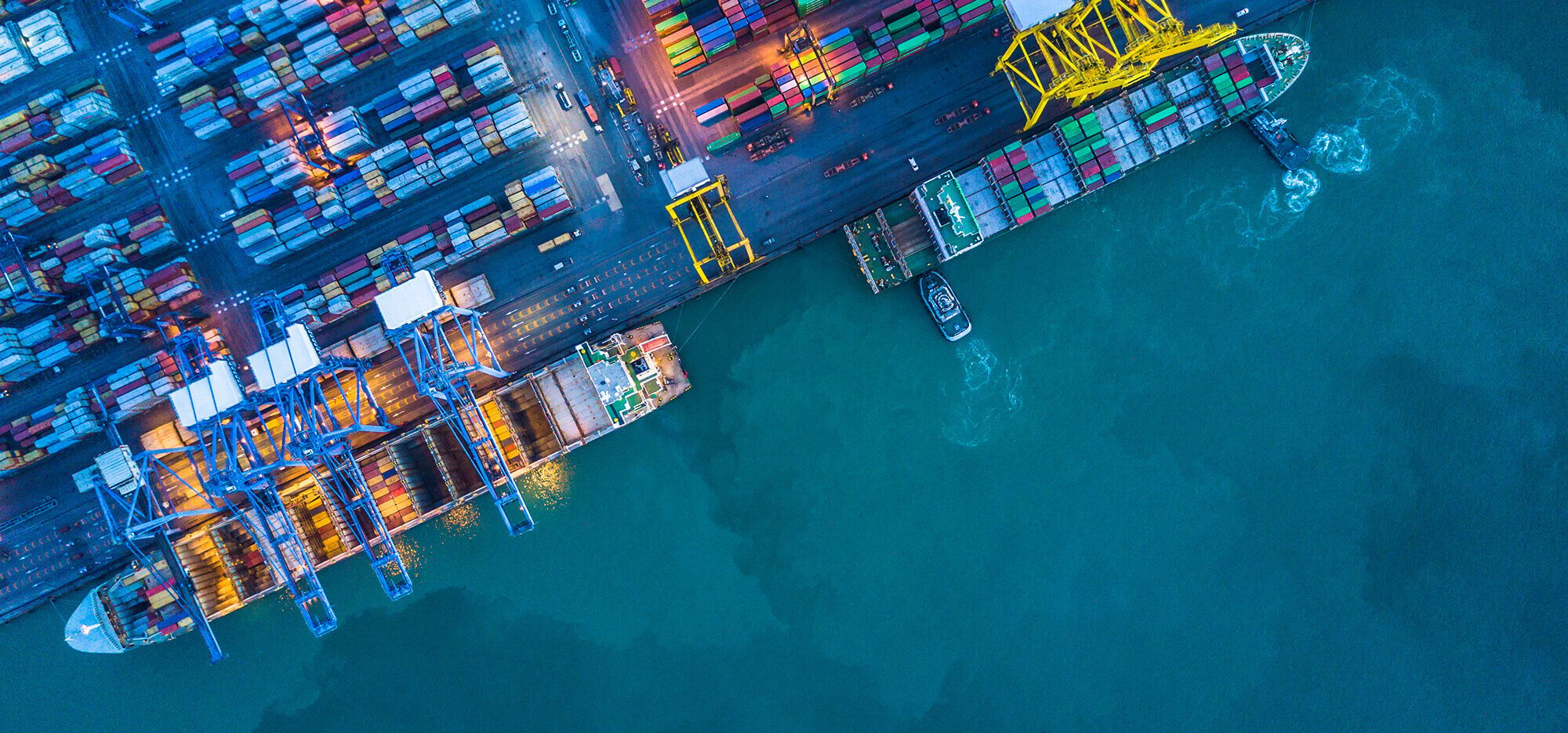
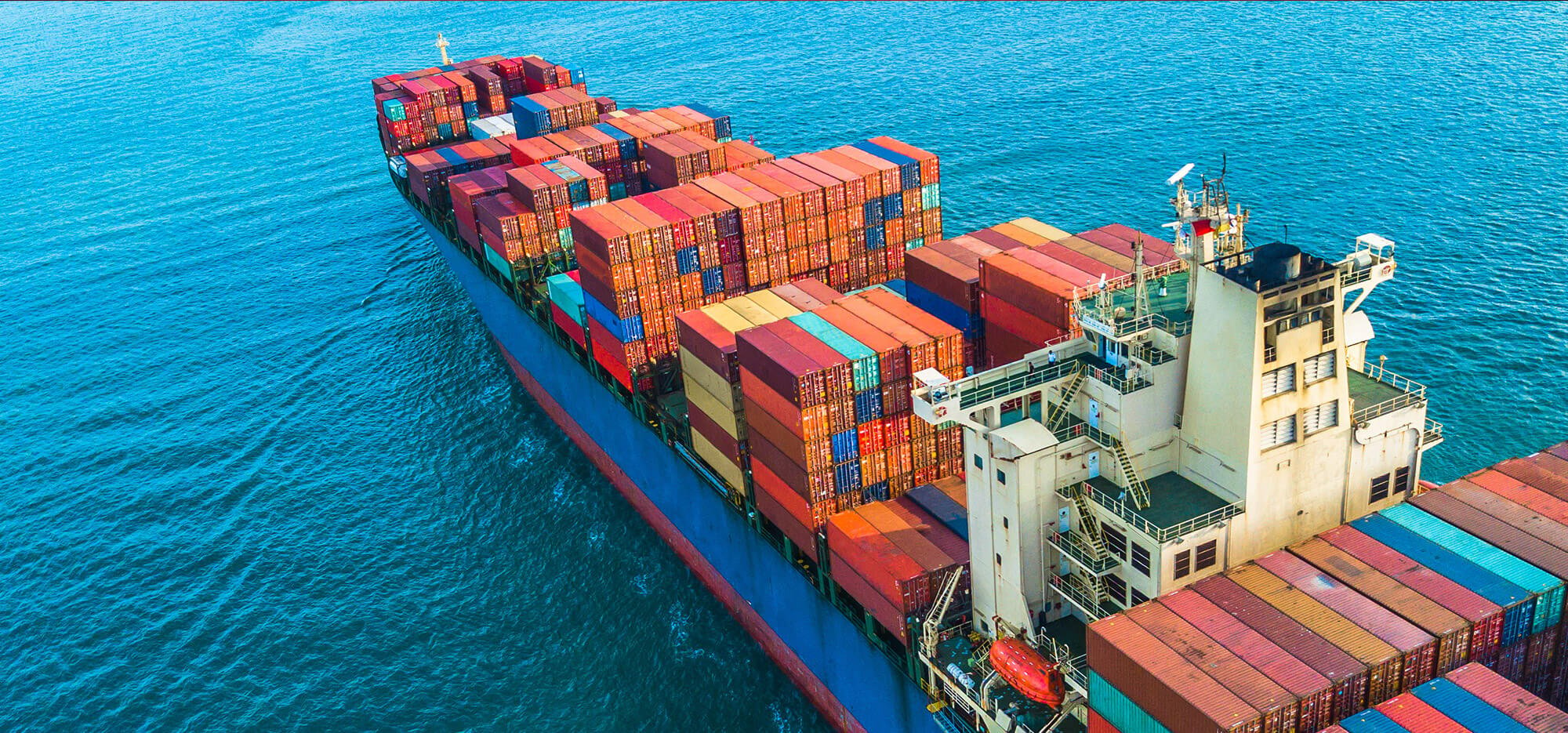
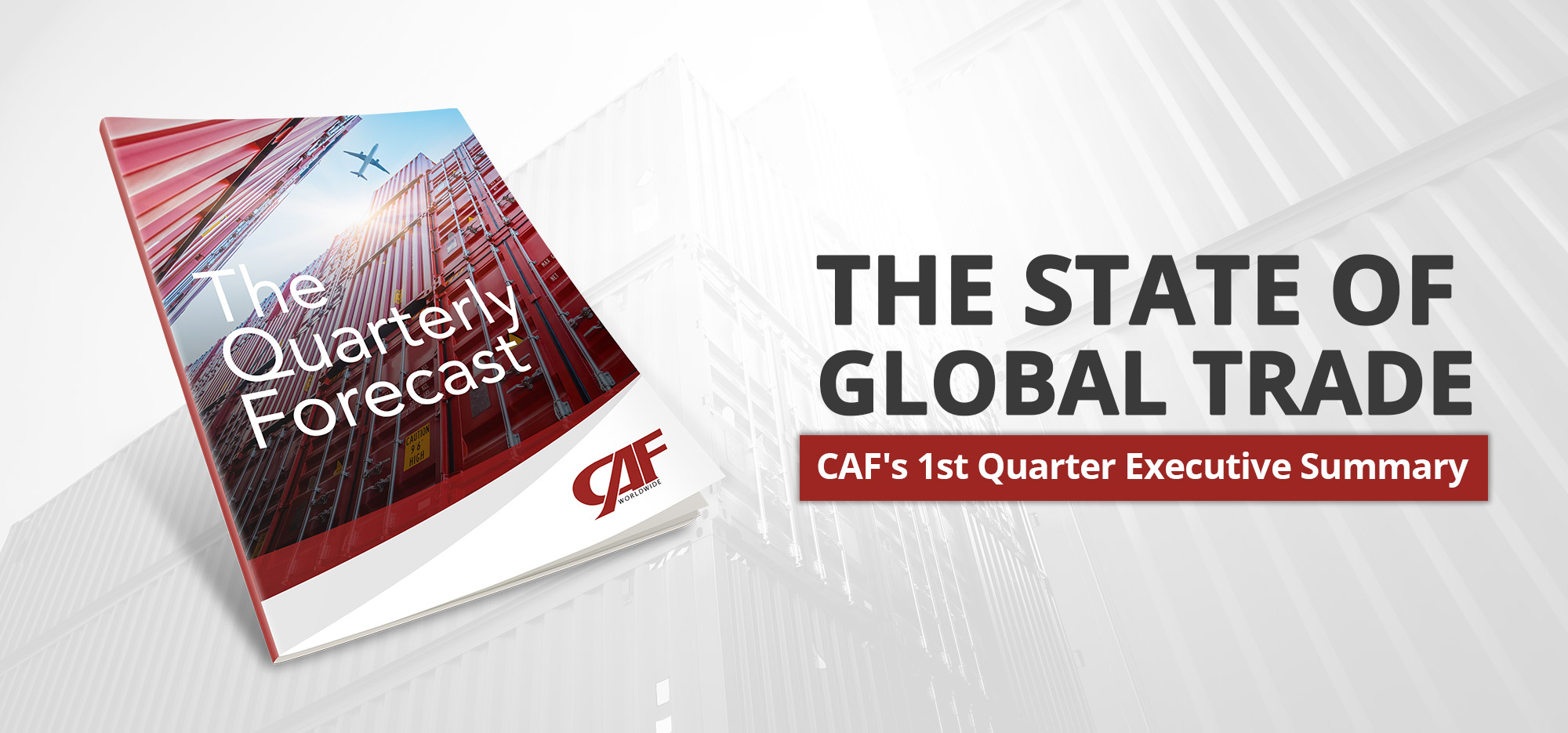
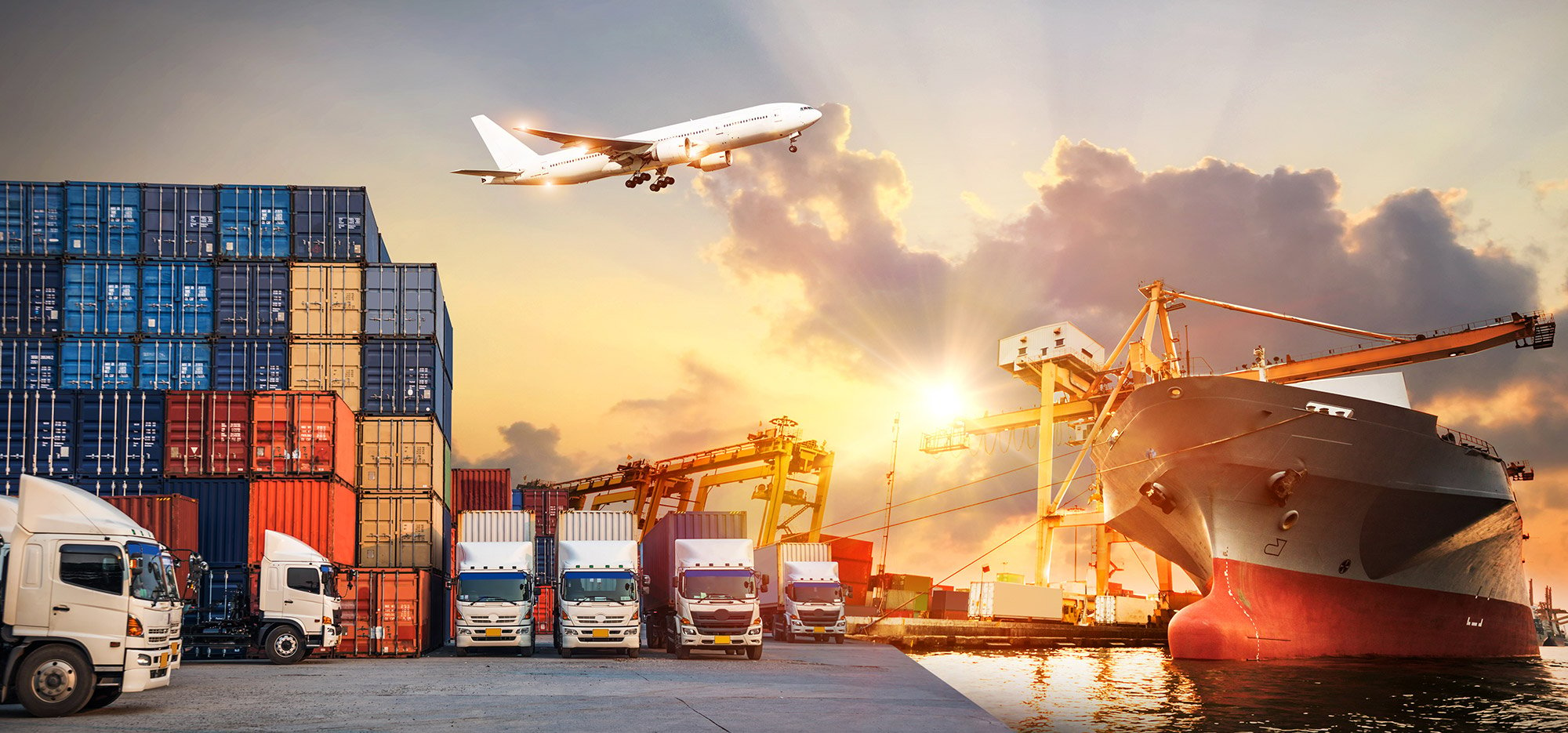
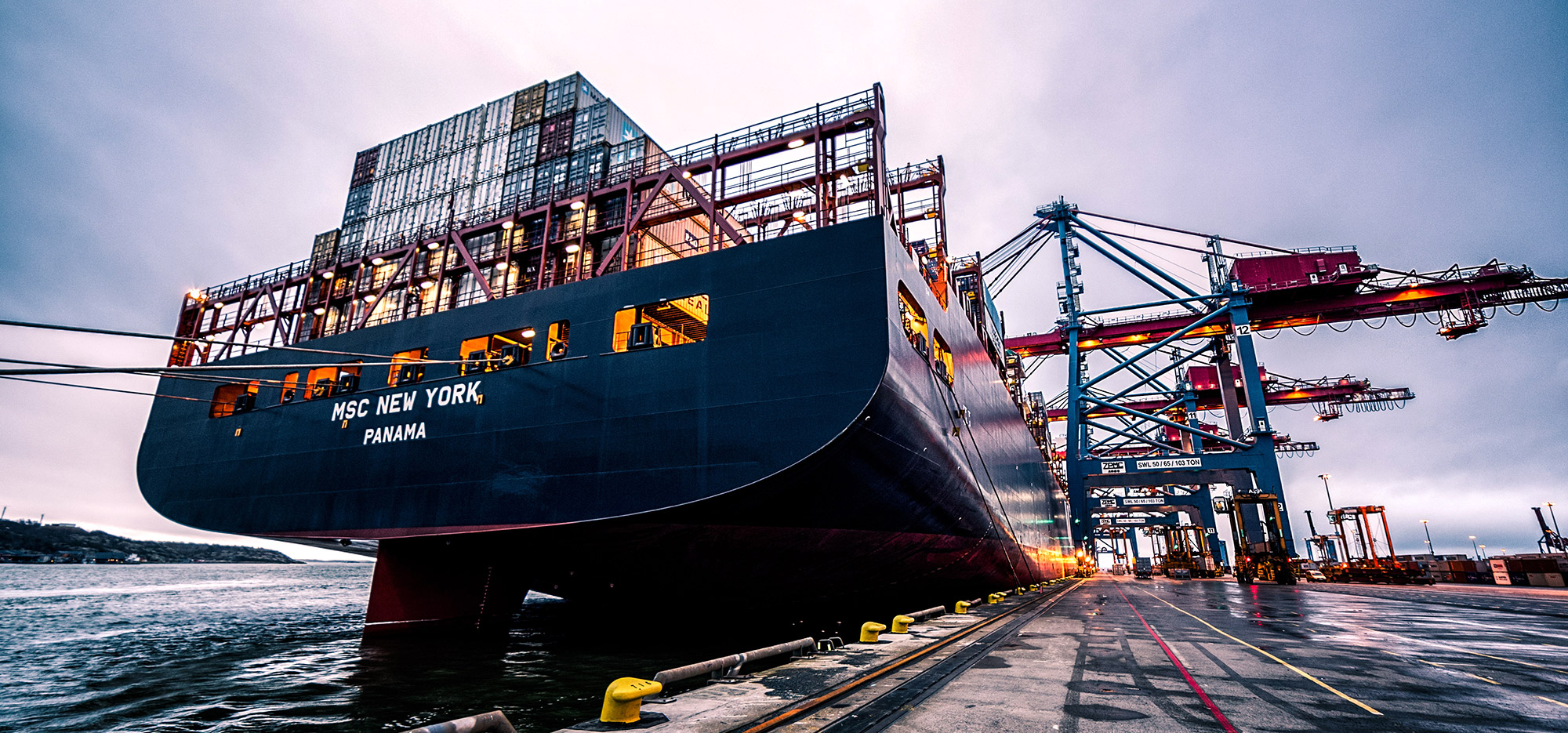
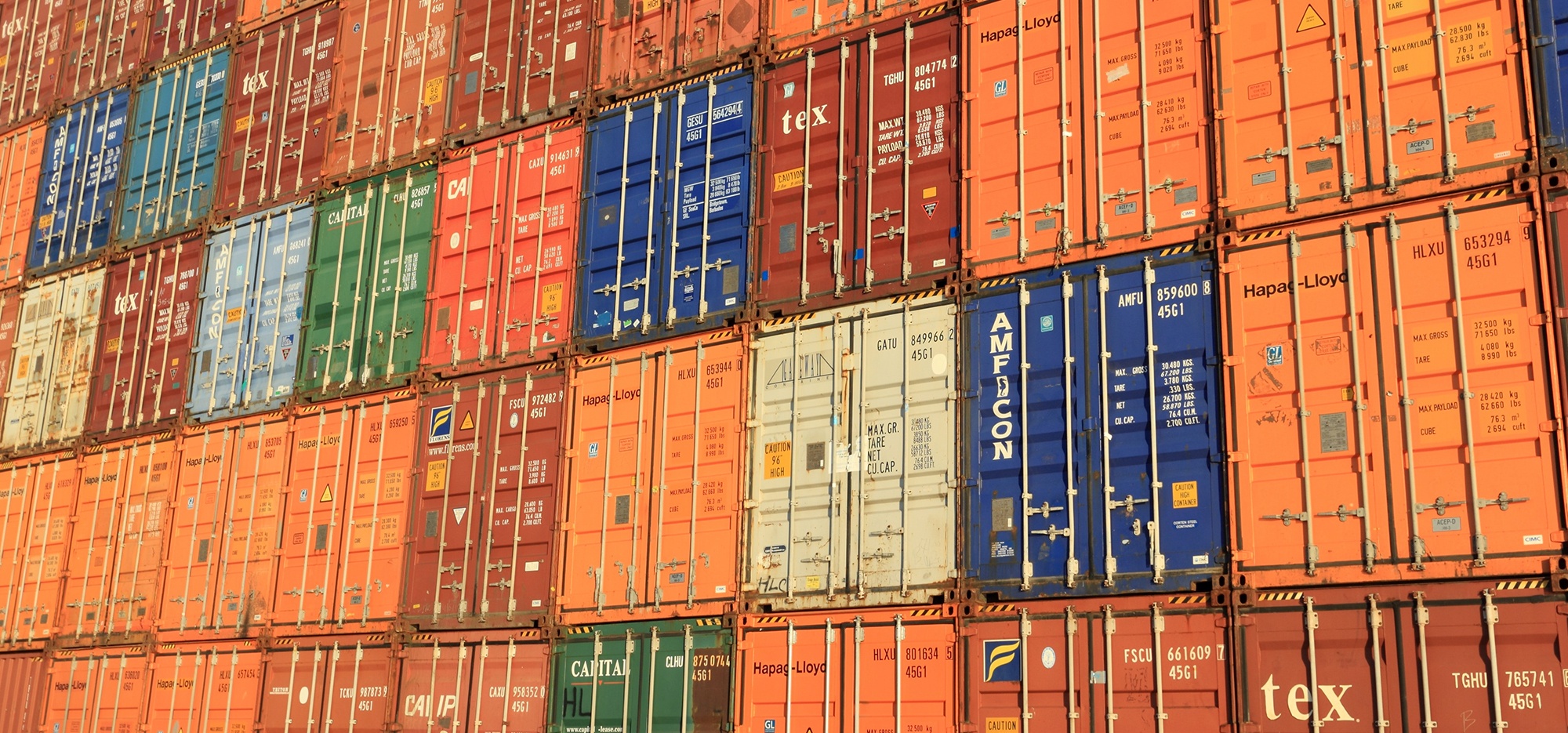
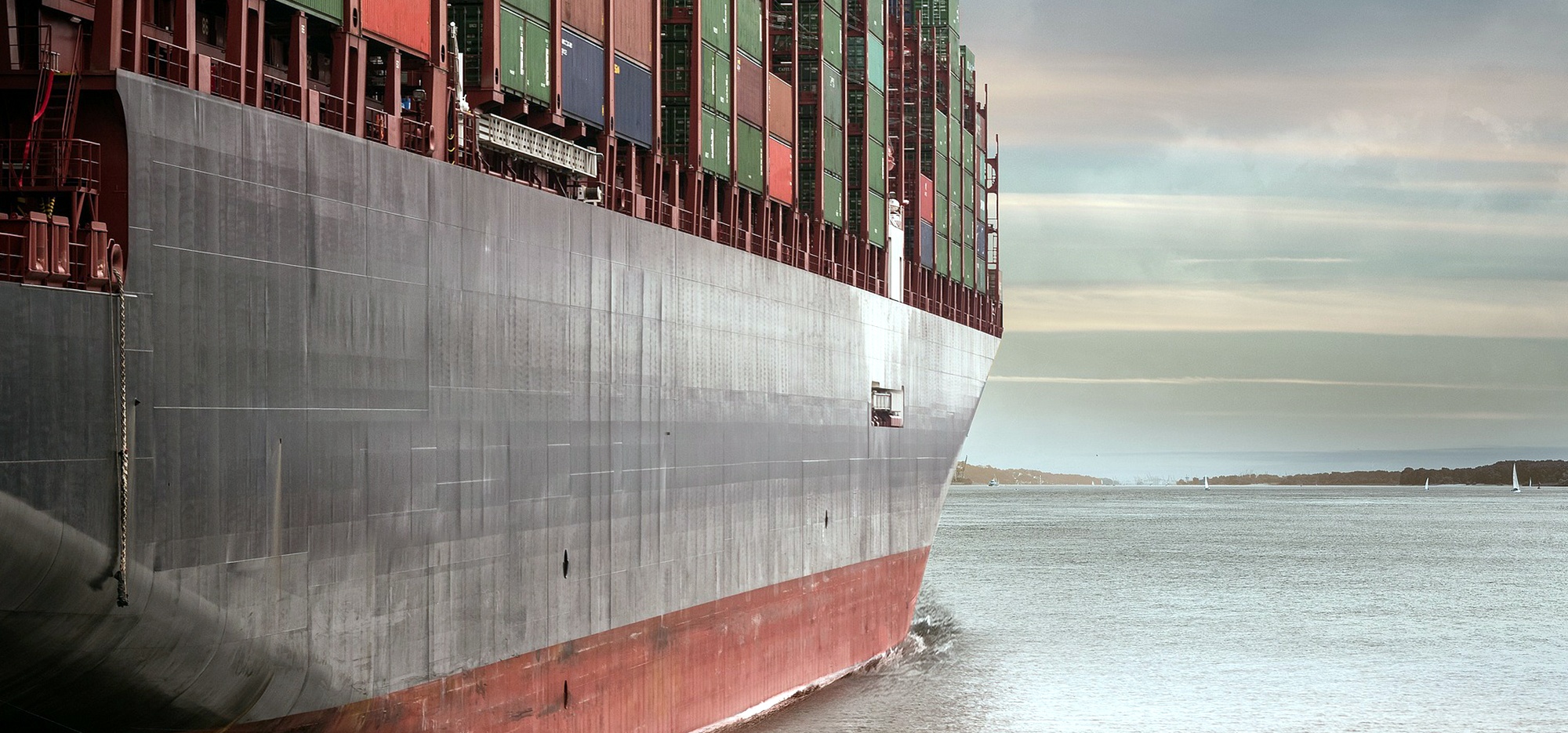
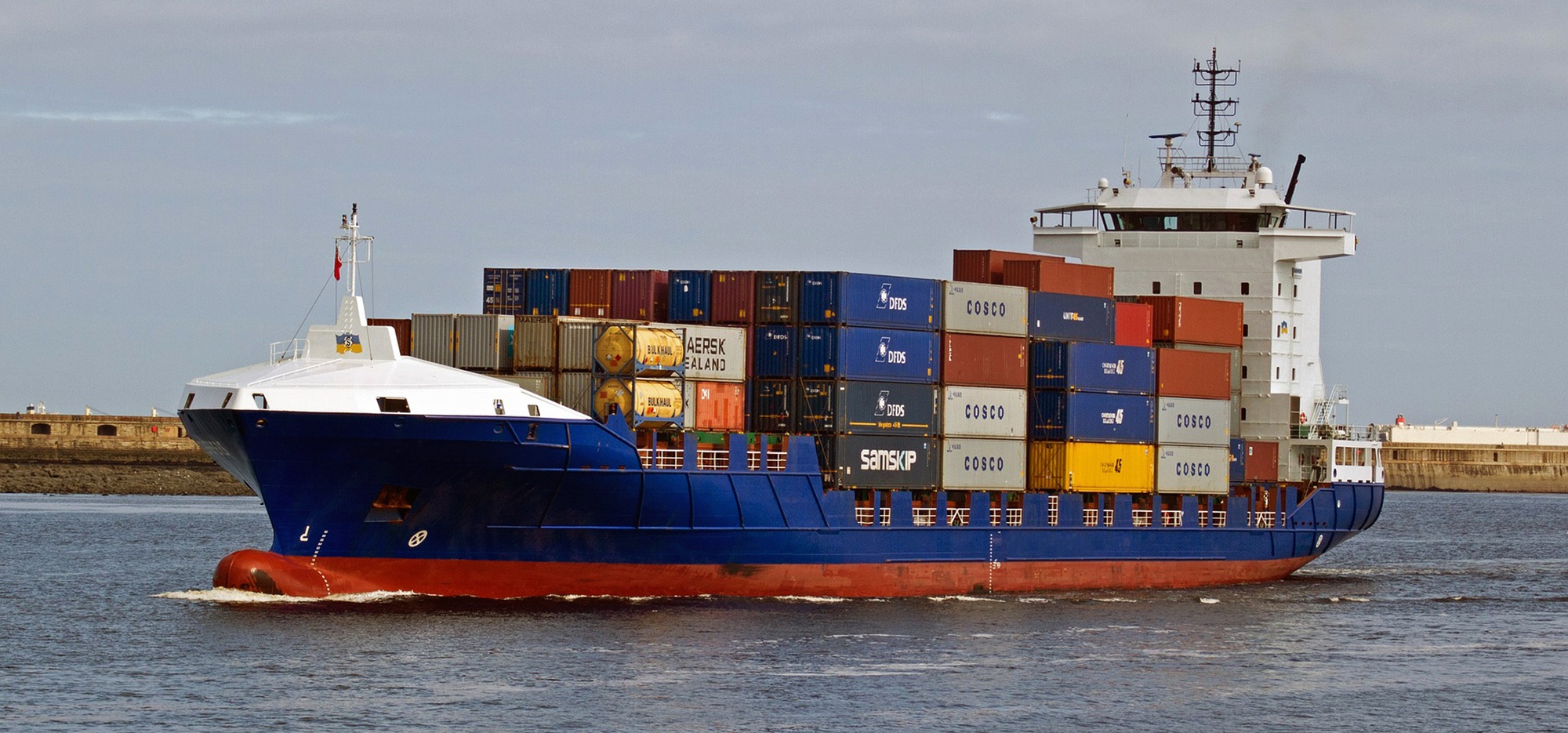
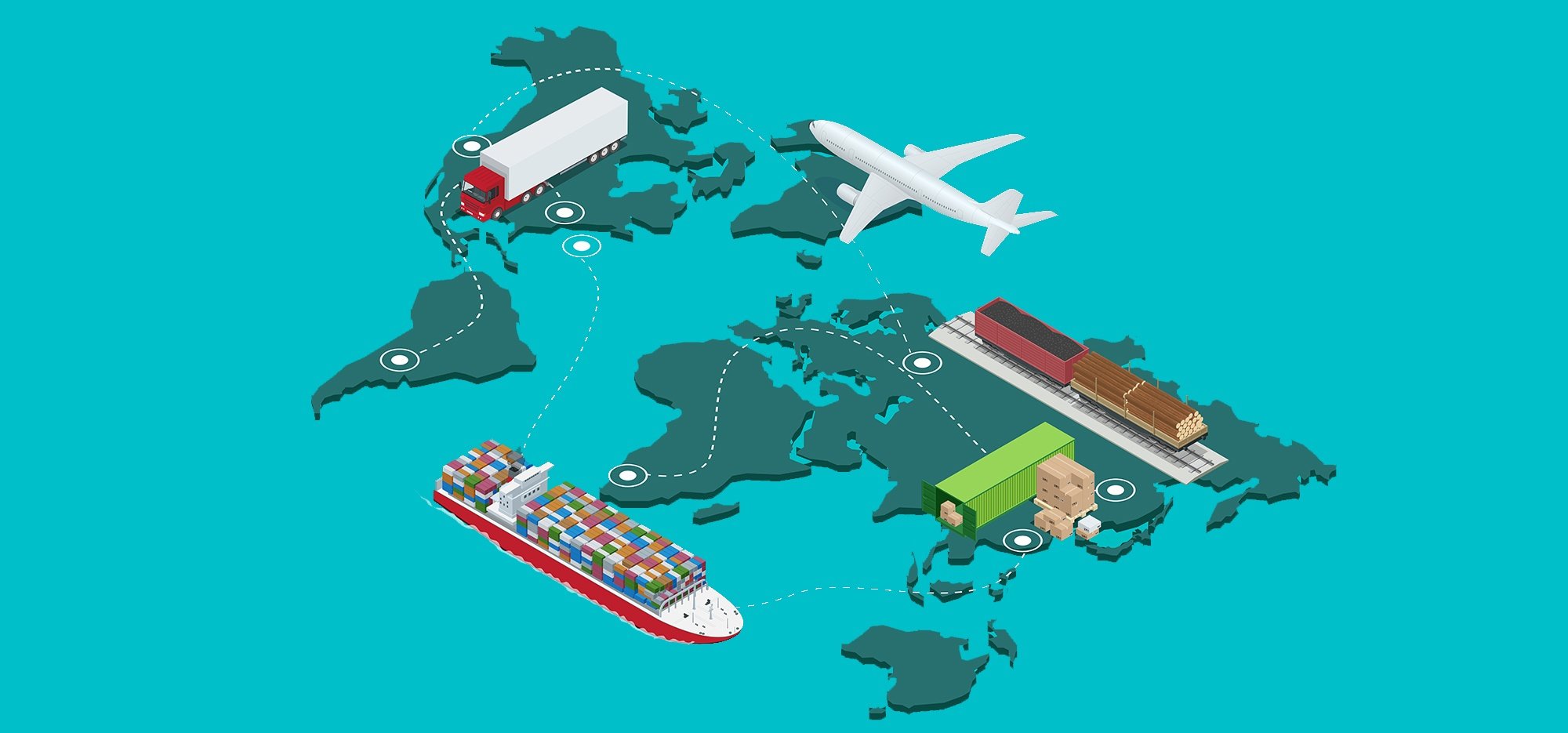
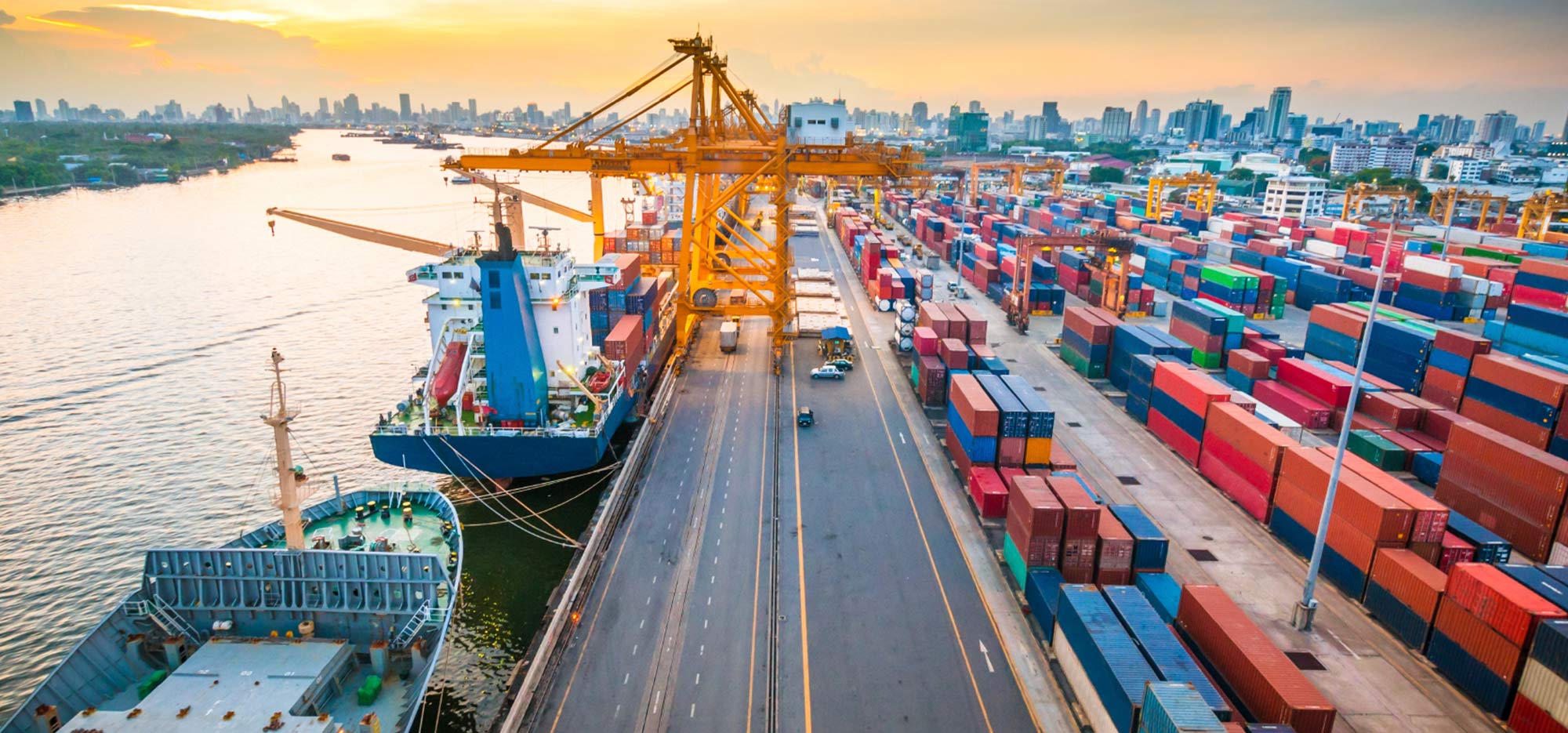
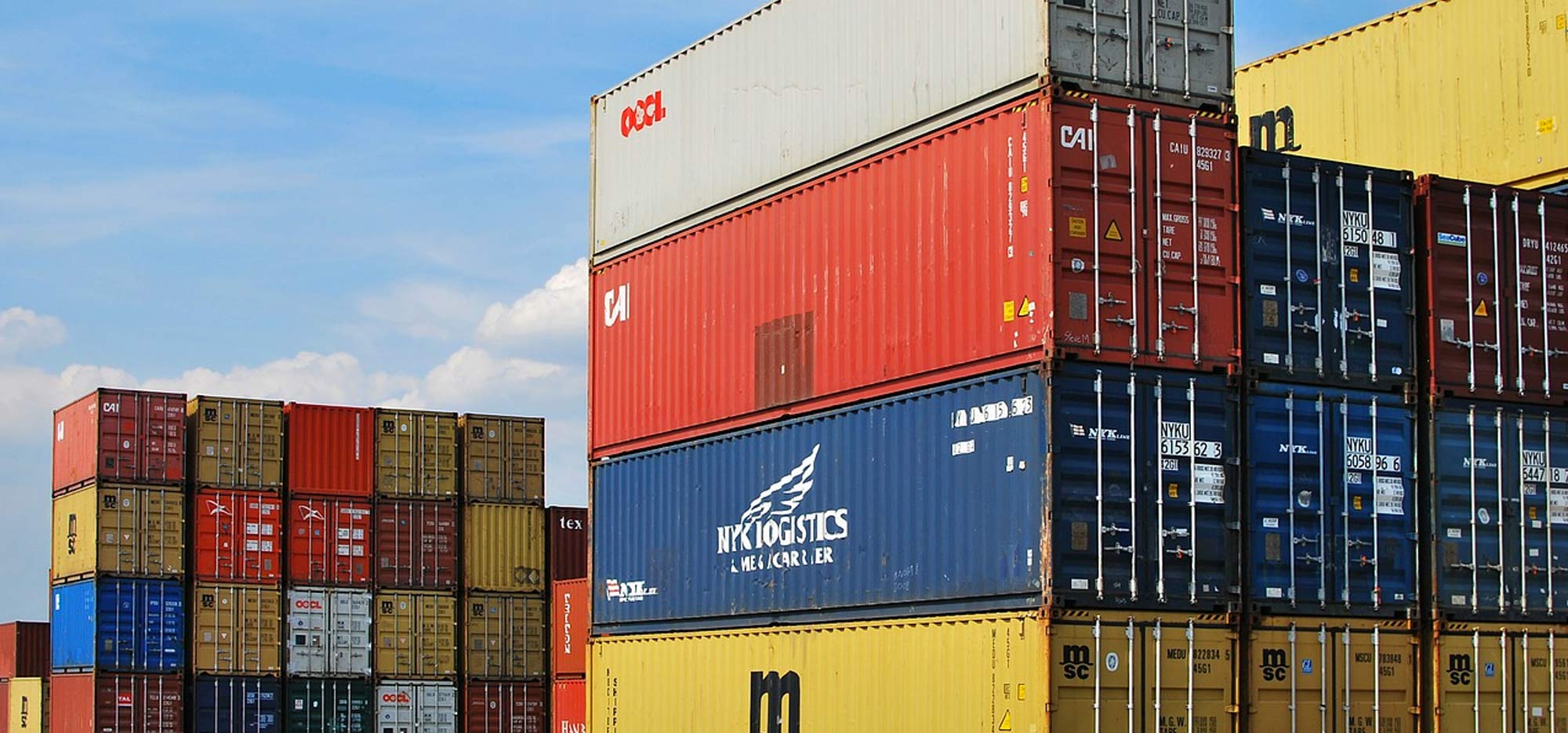
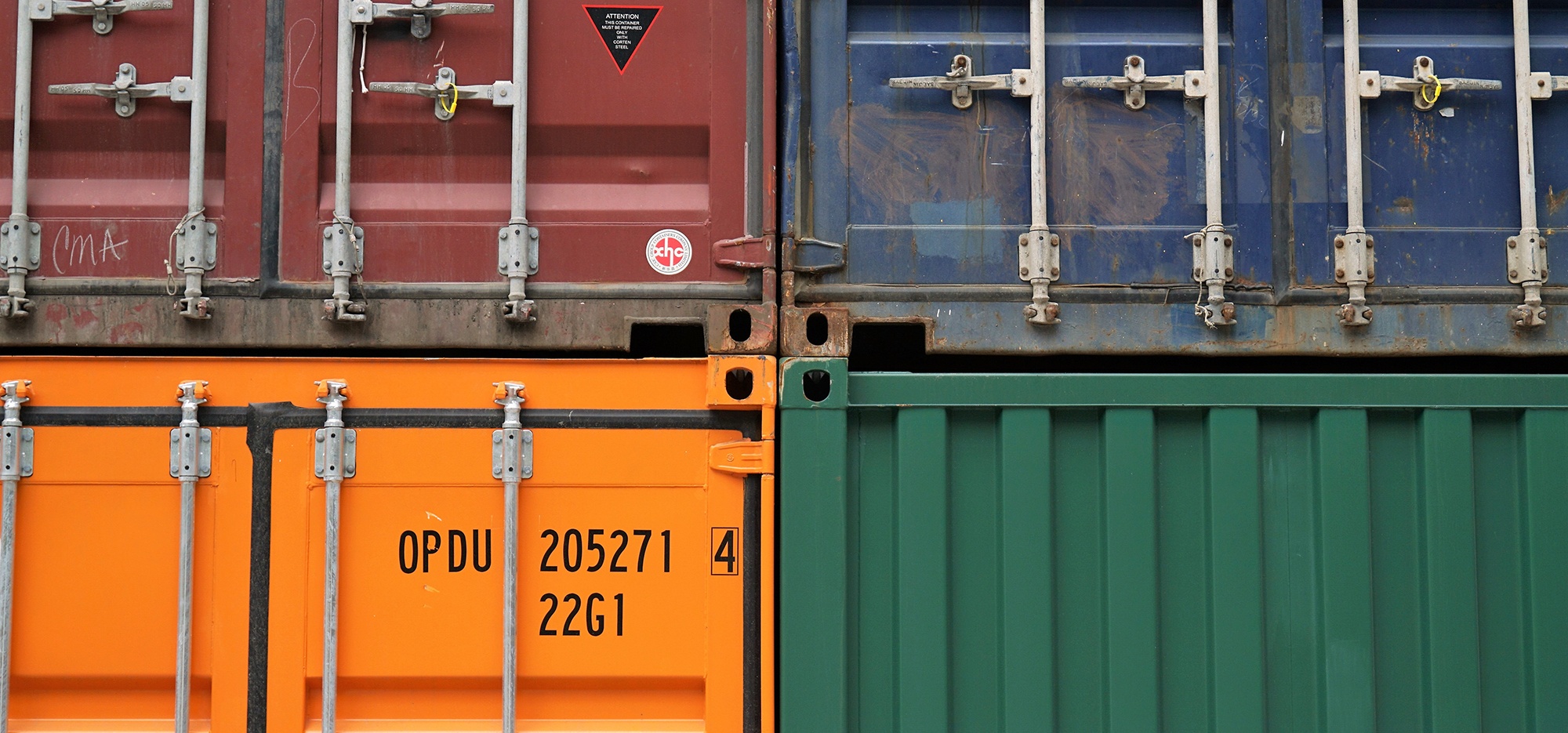
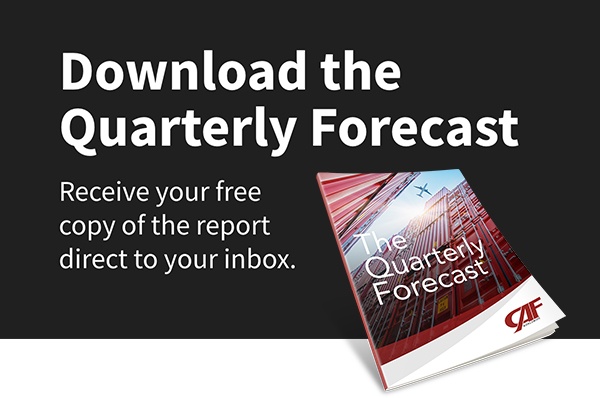

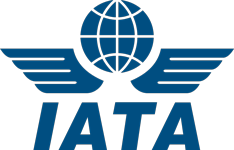





 Copyright 2025 CAF Worldwide. All rights reserved.
Copyright 2025 CAF Worldwide. All rights reserved.